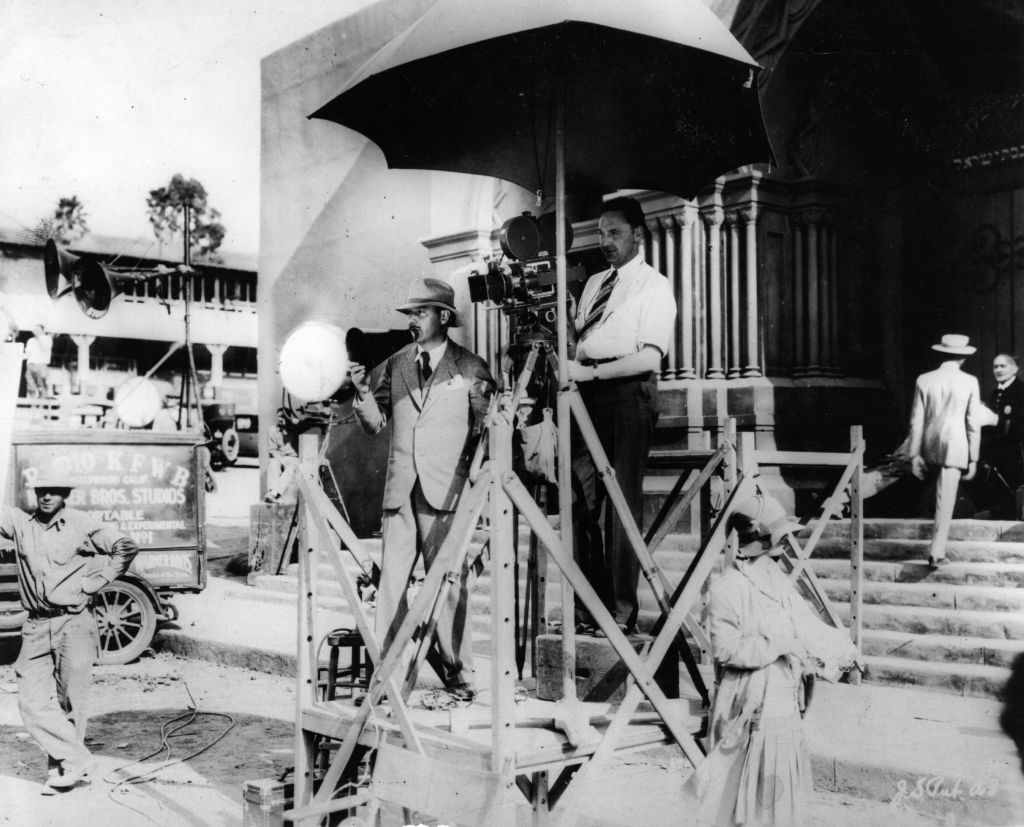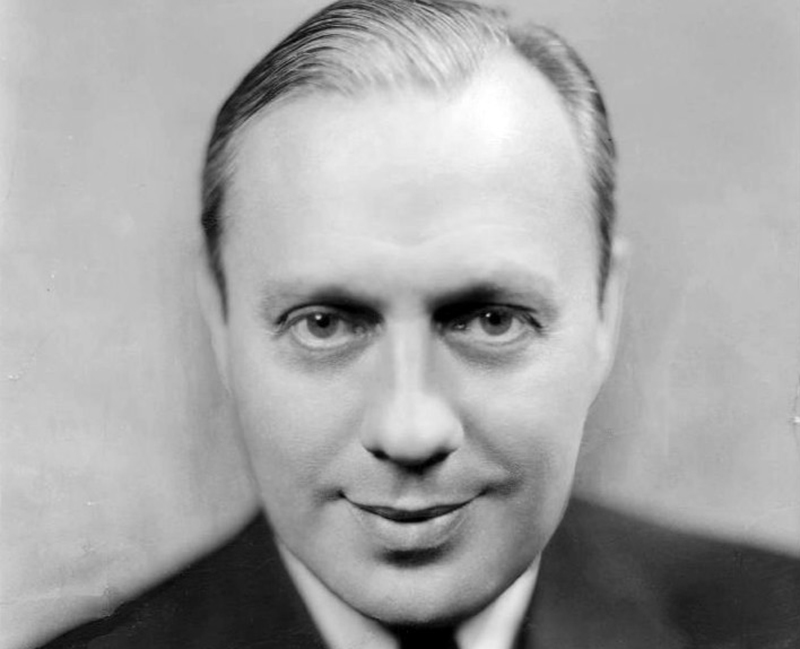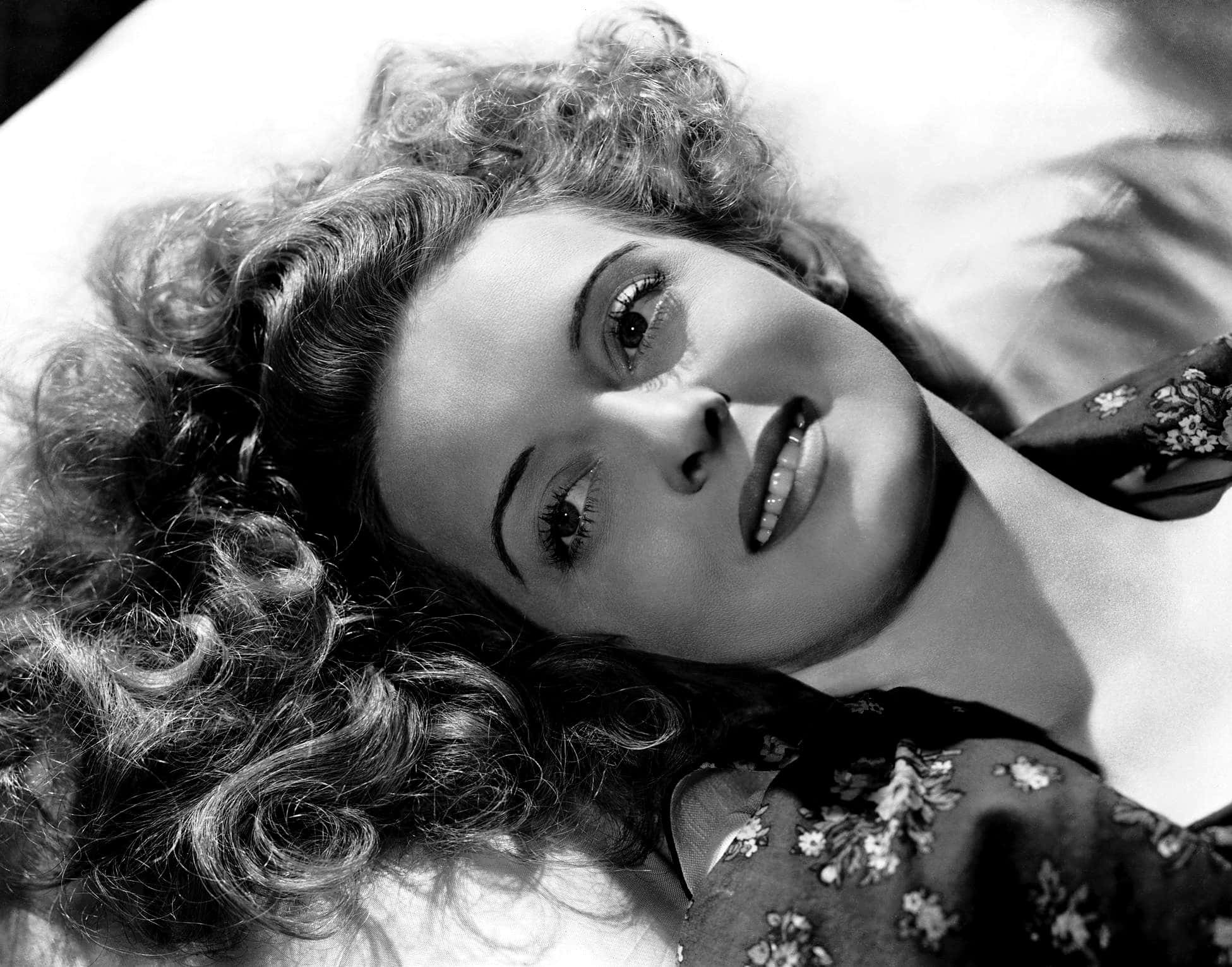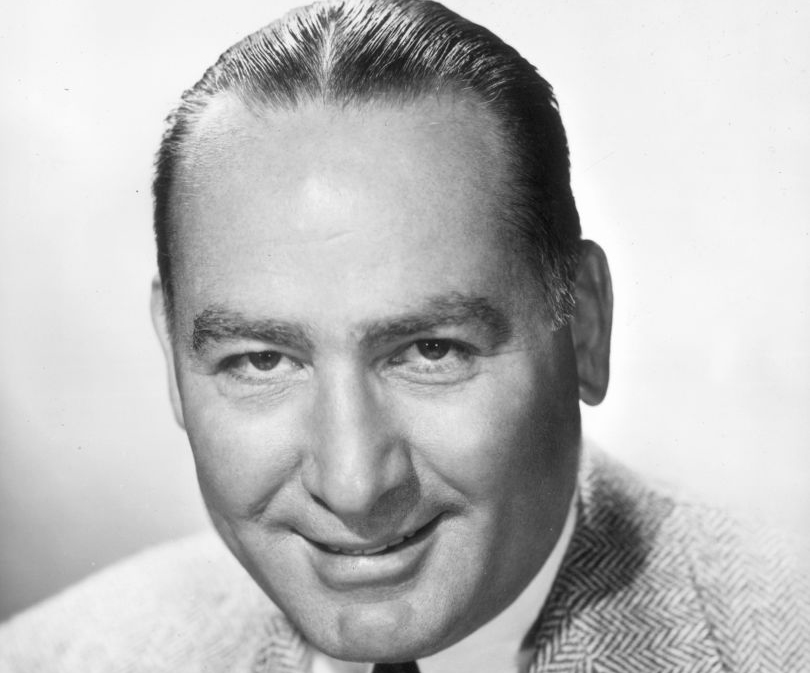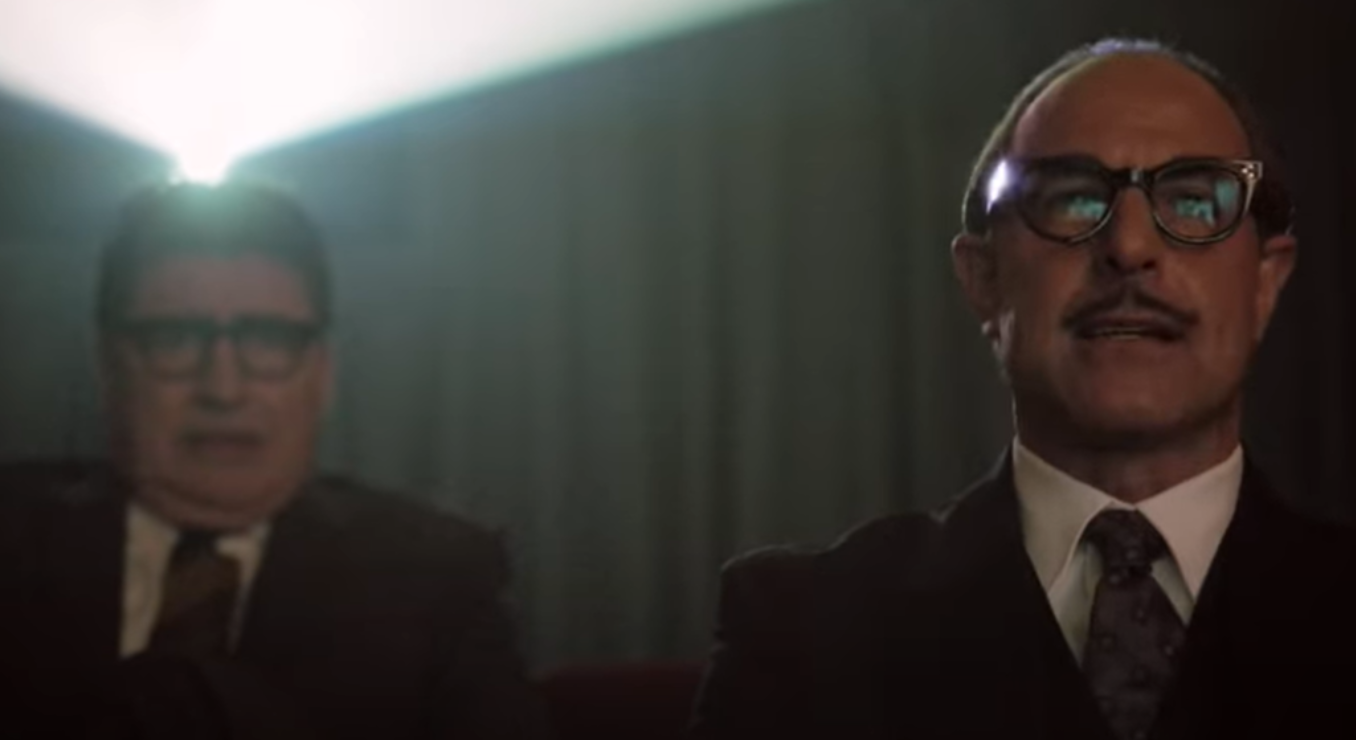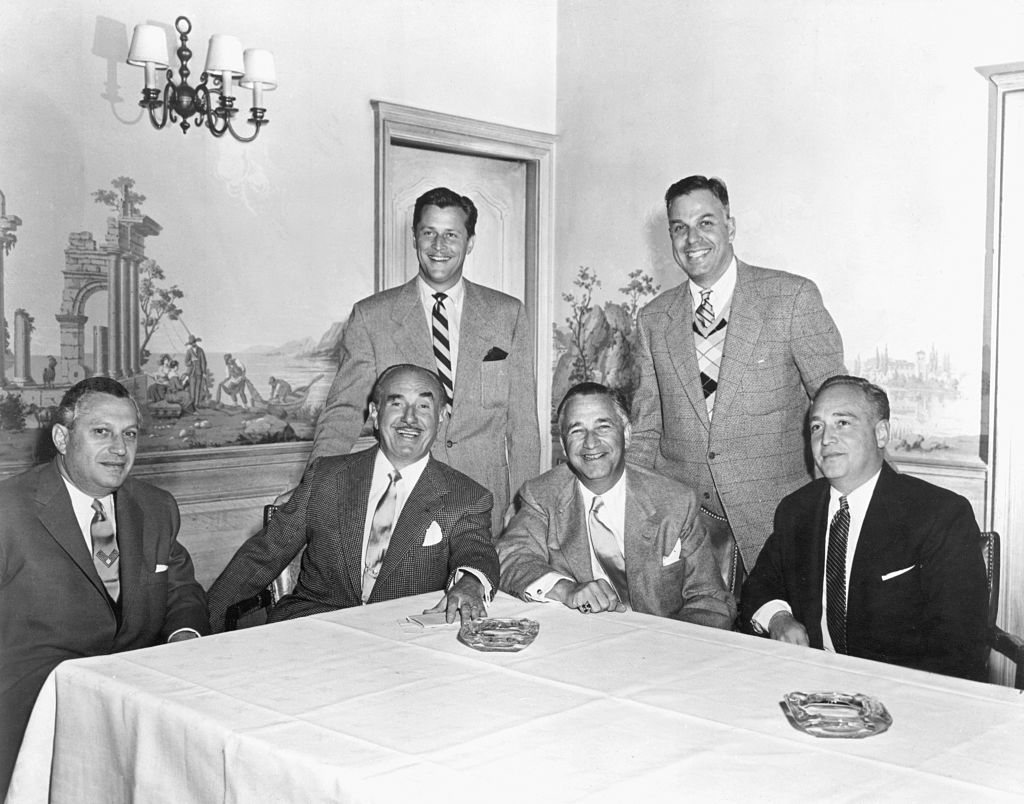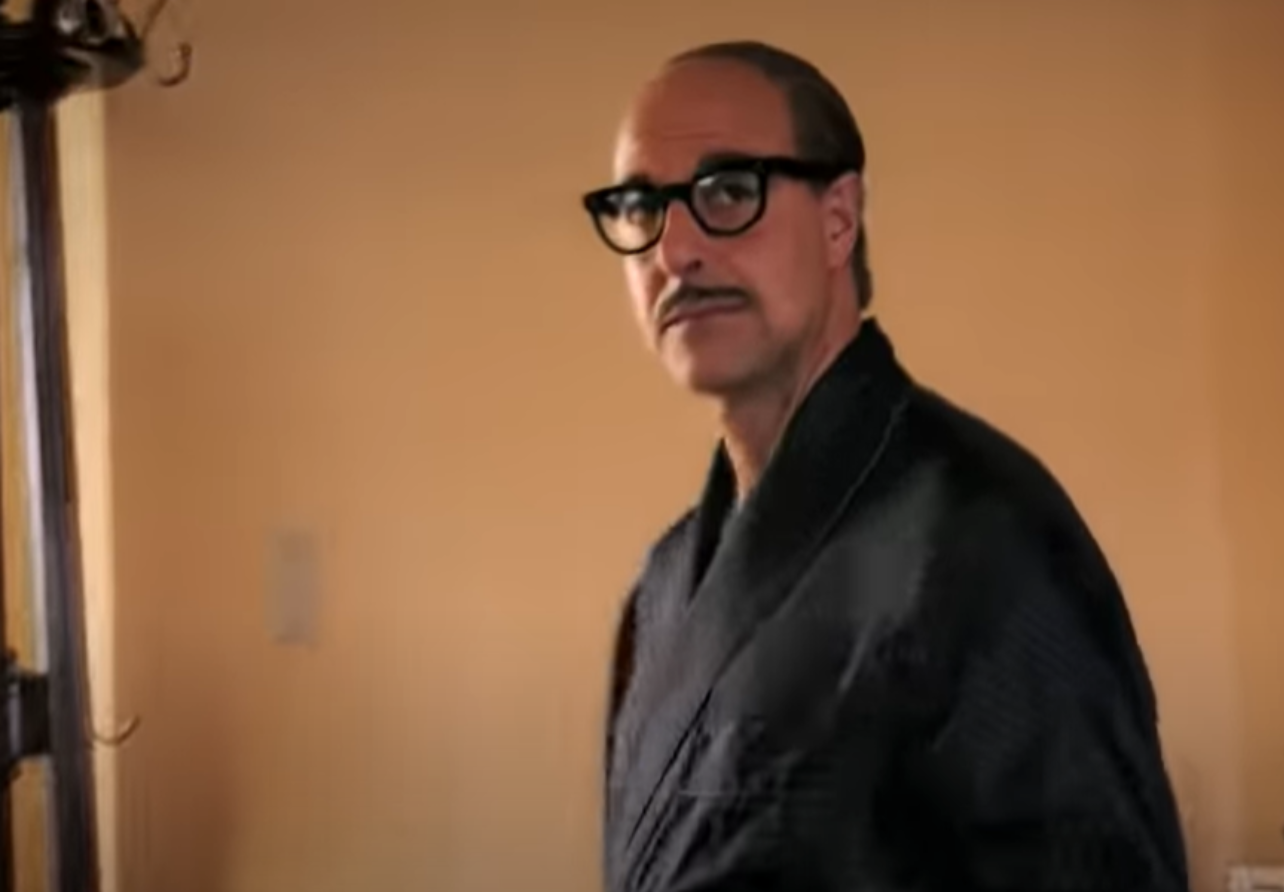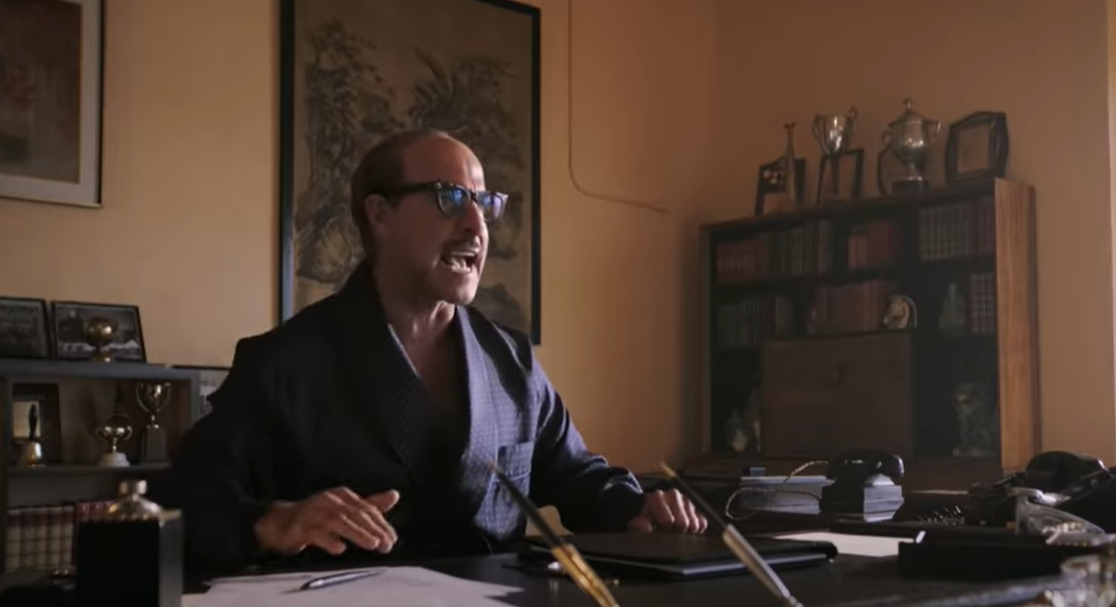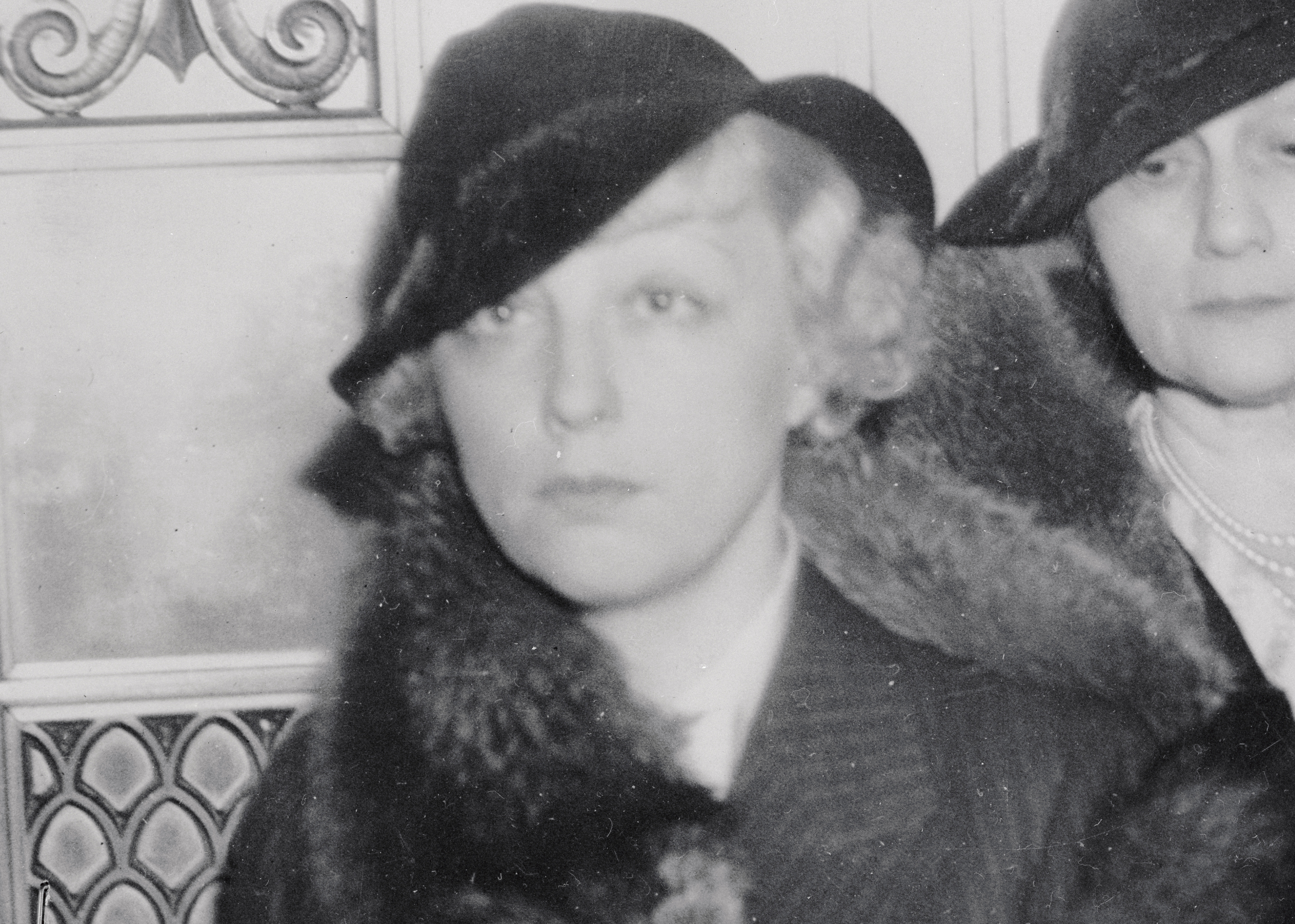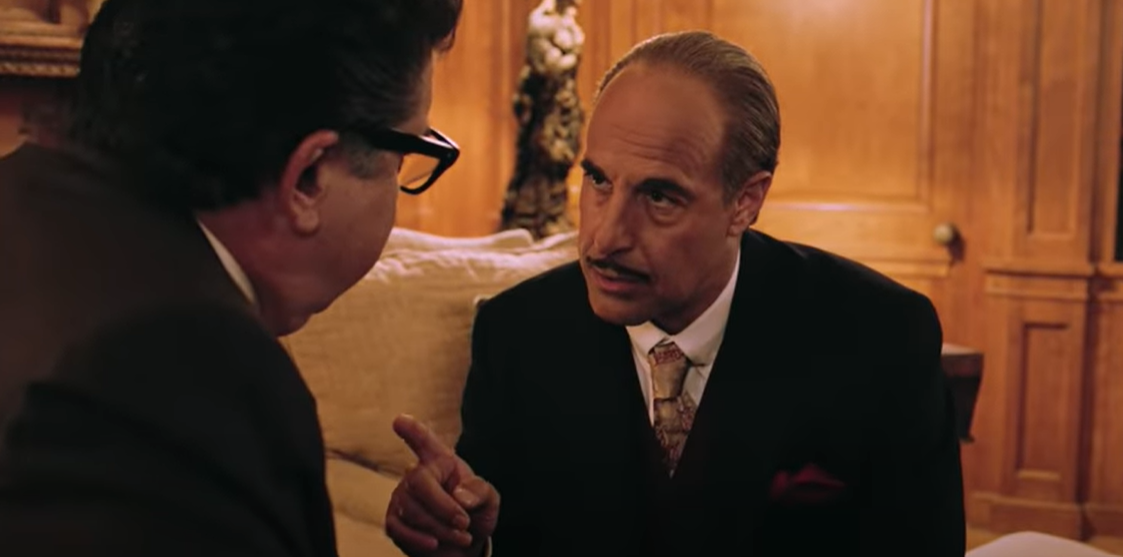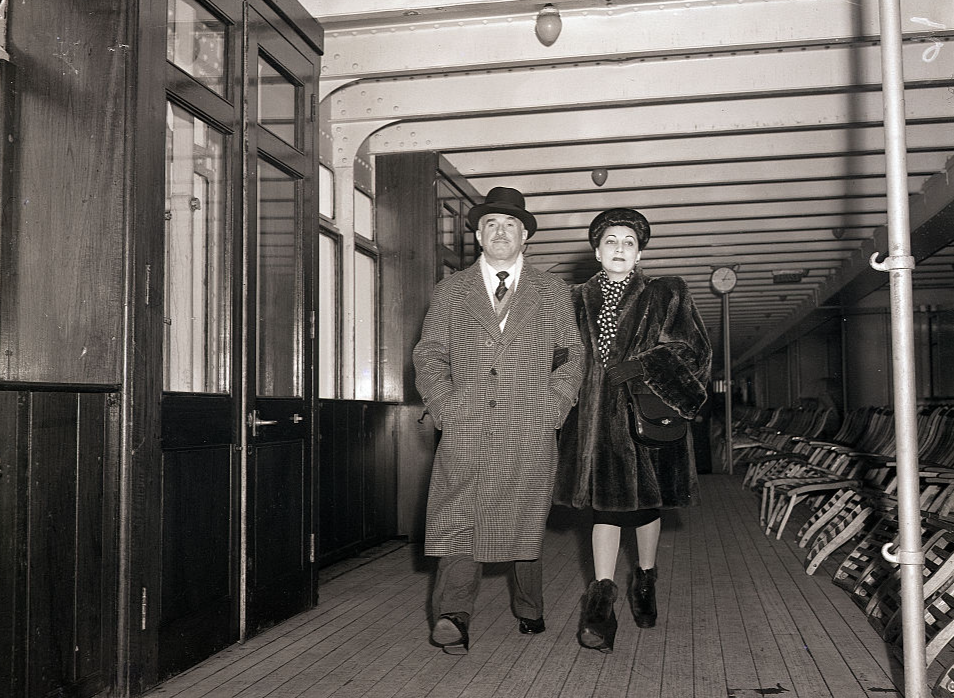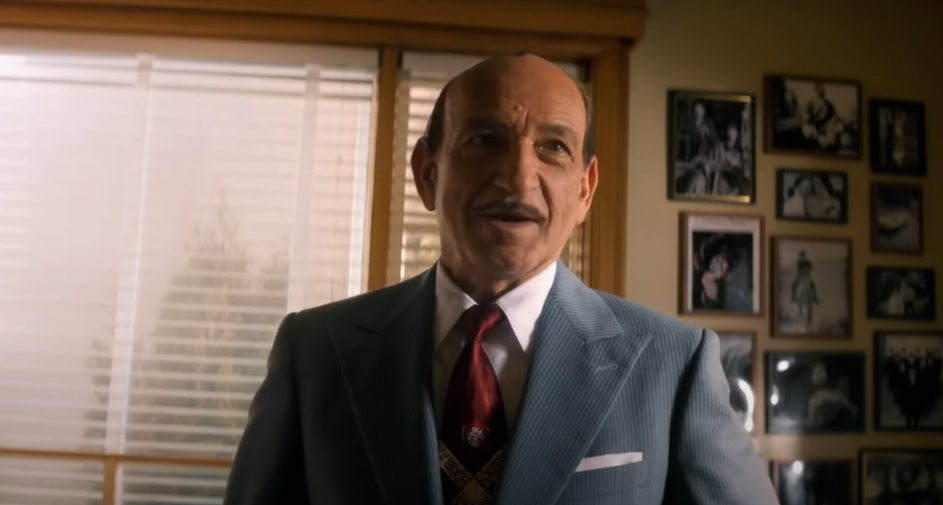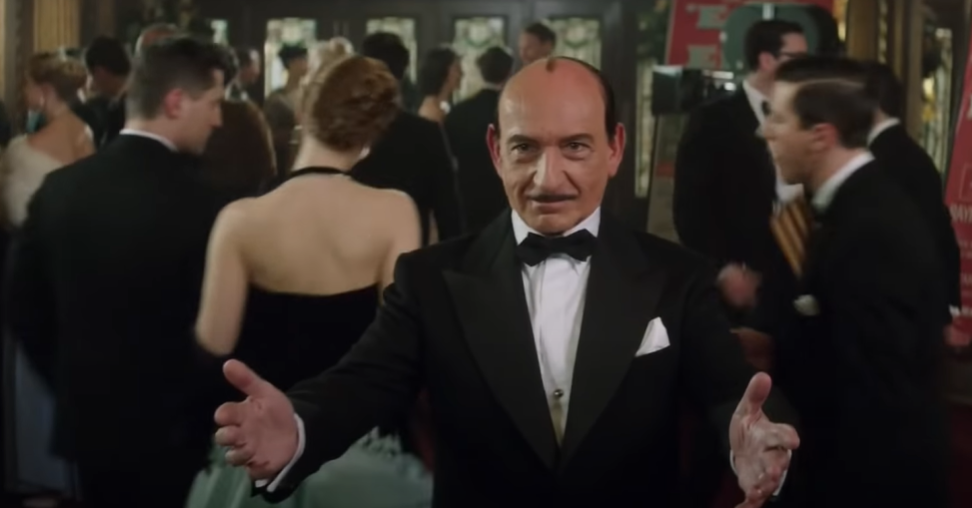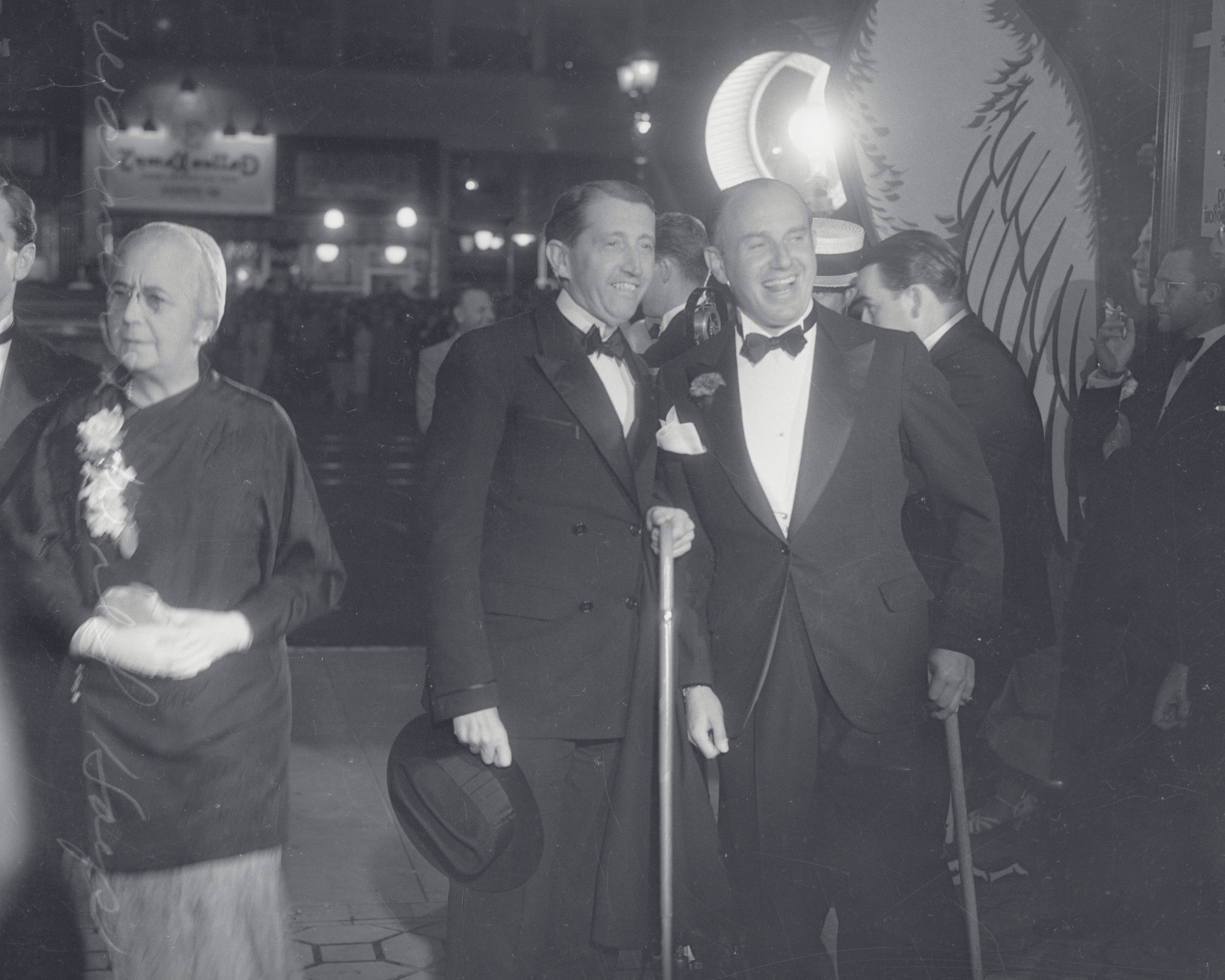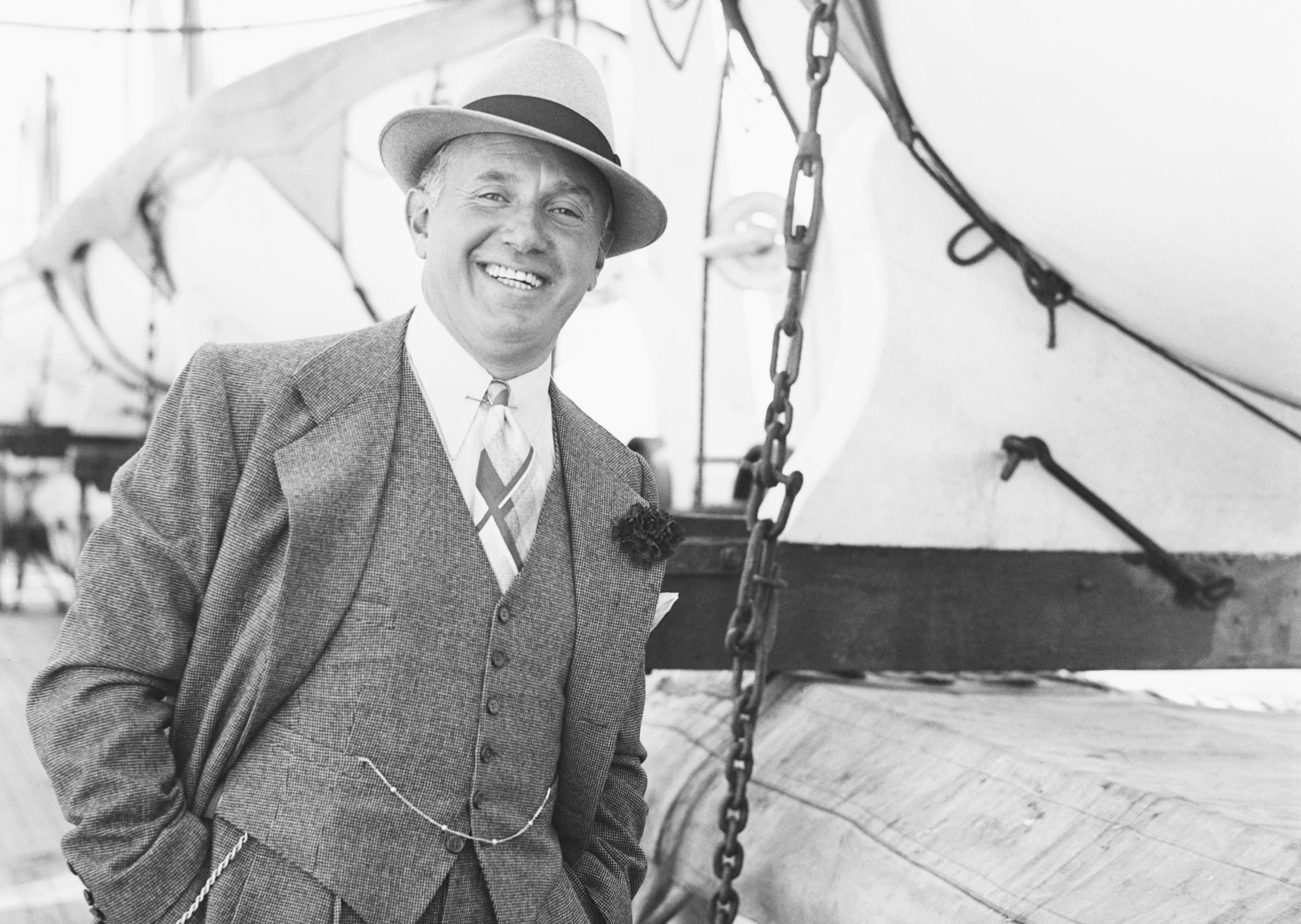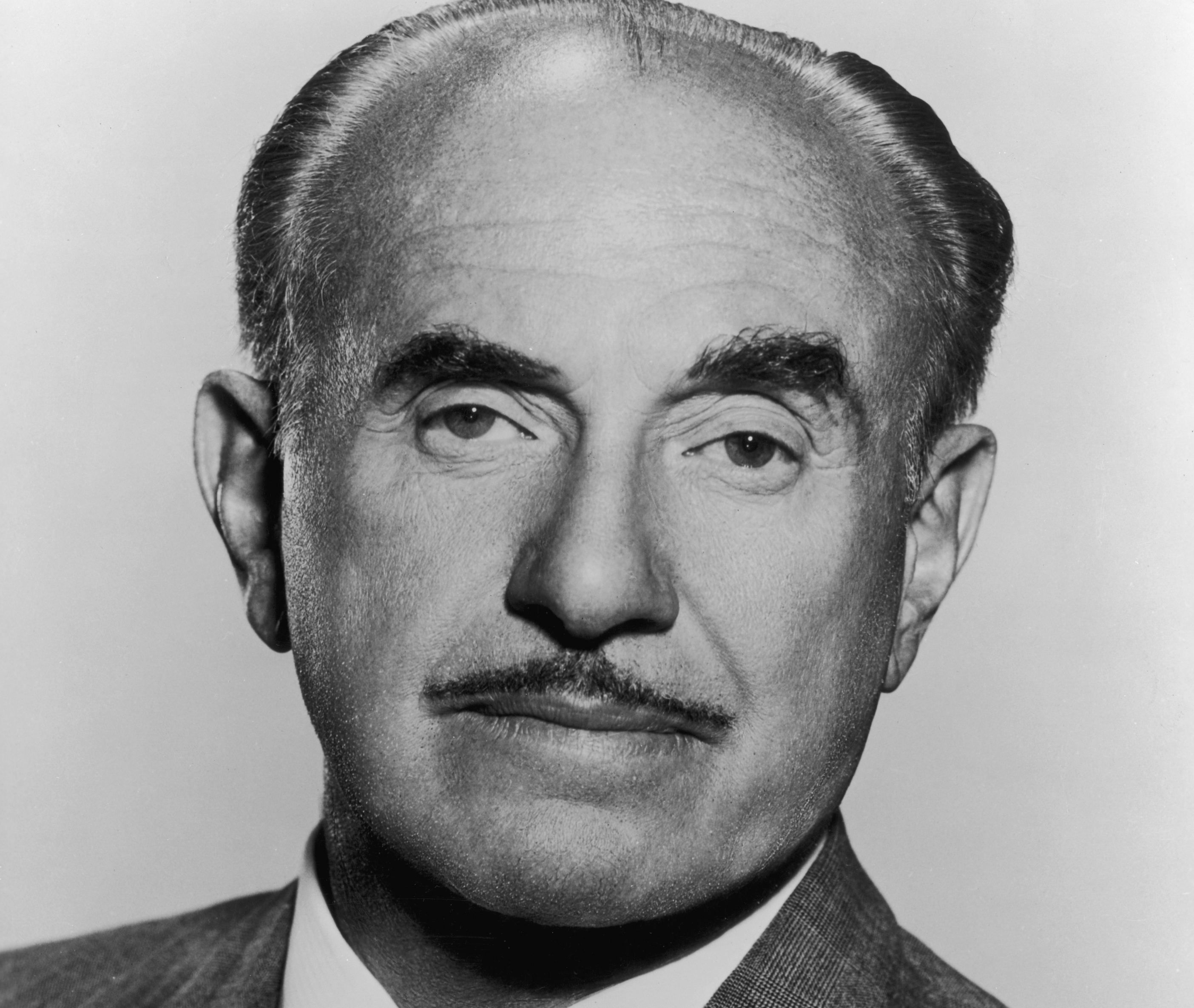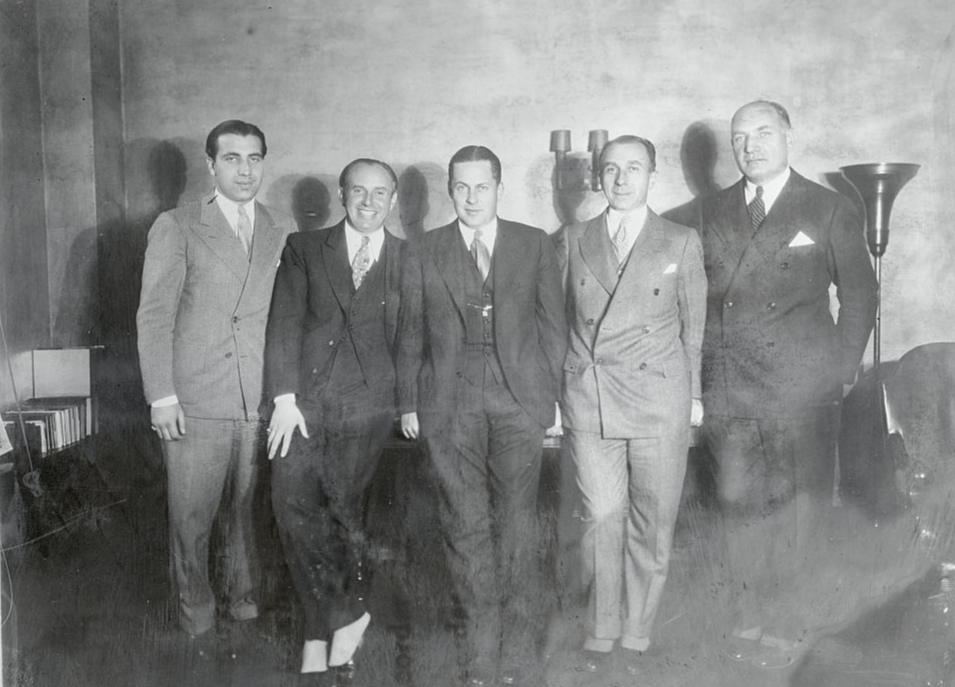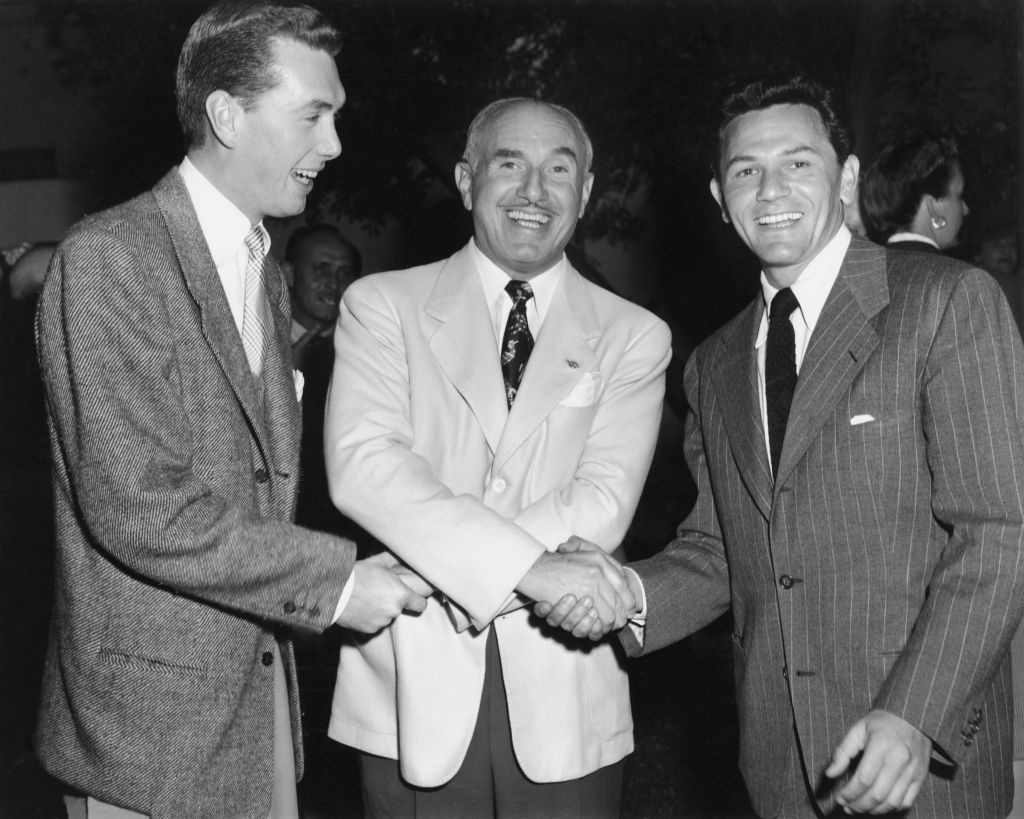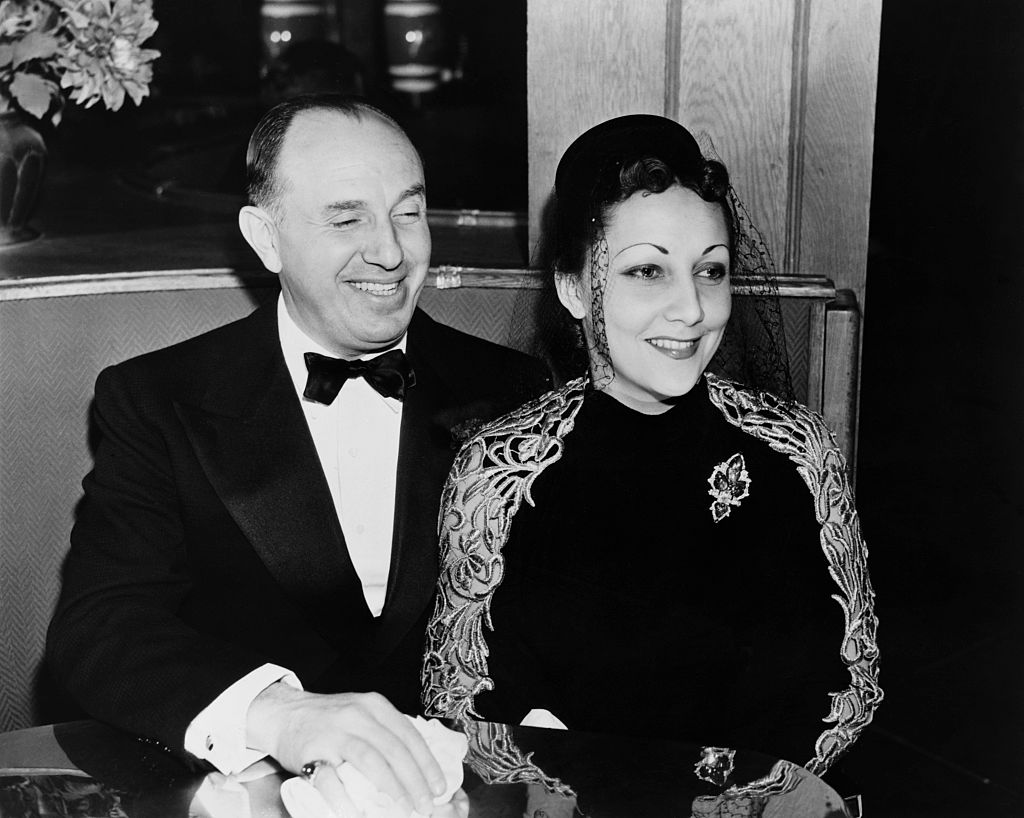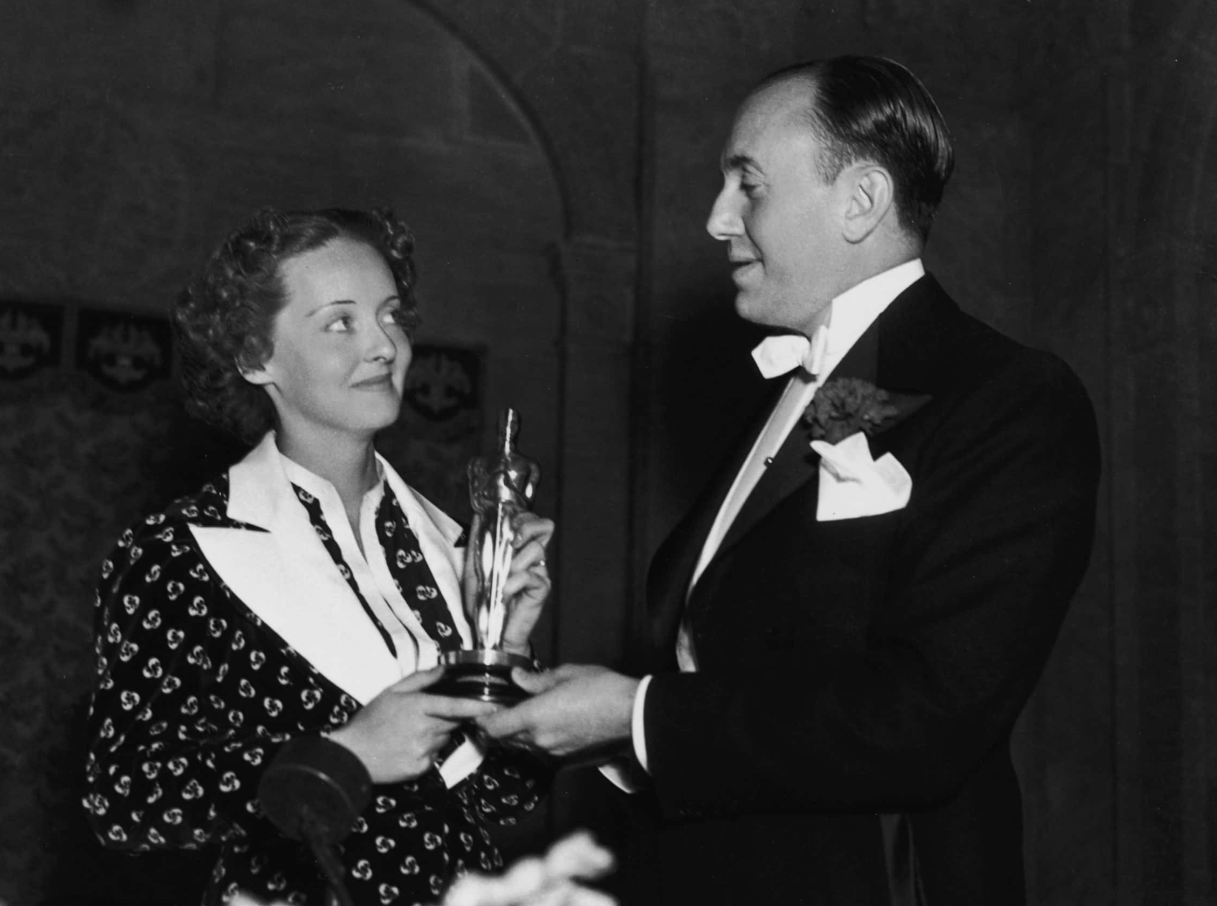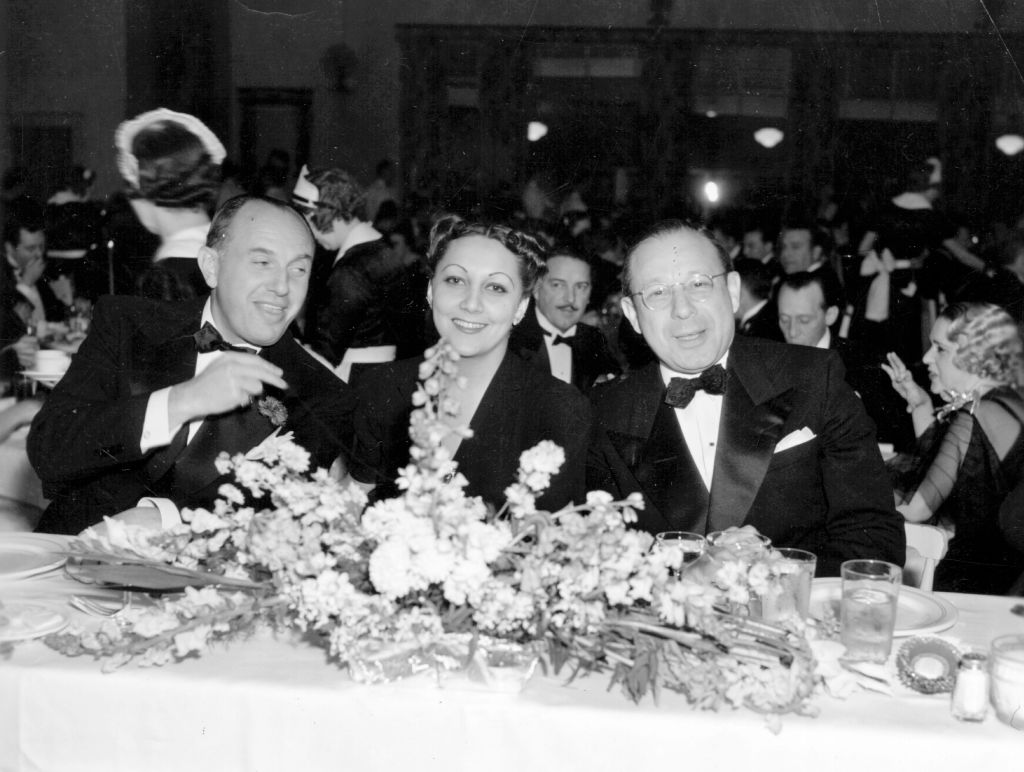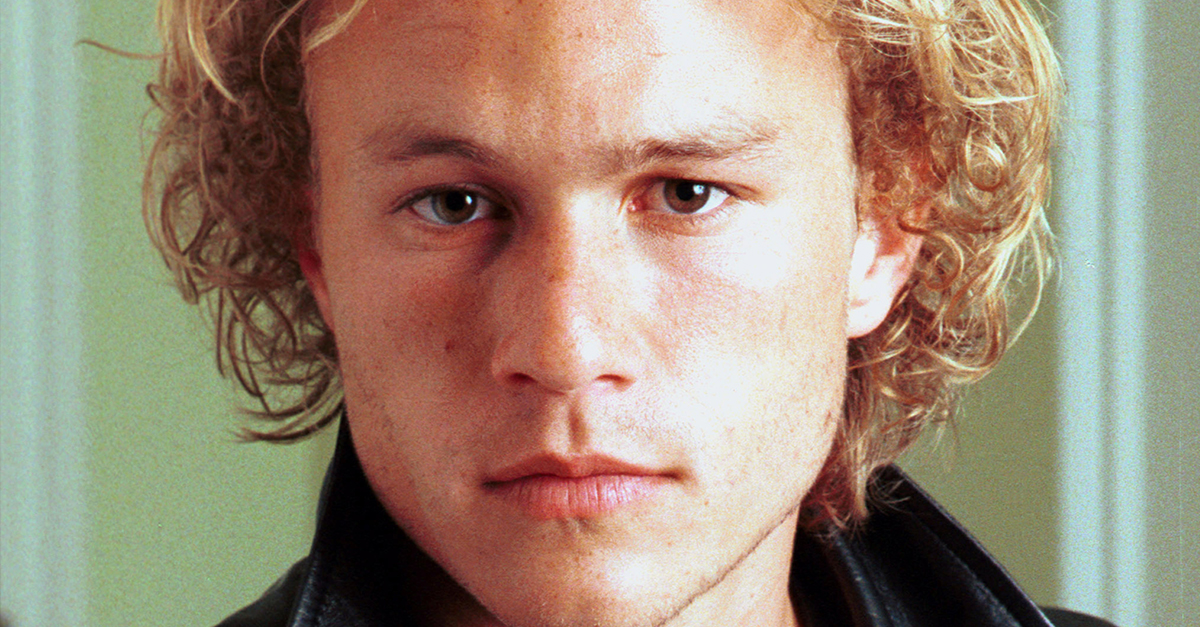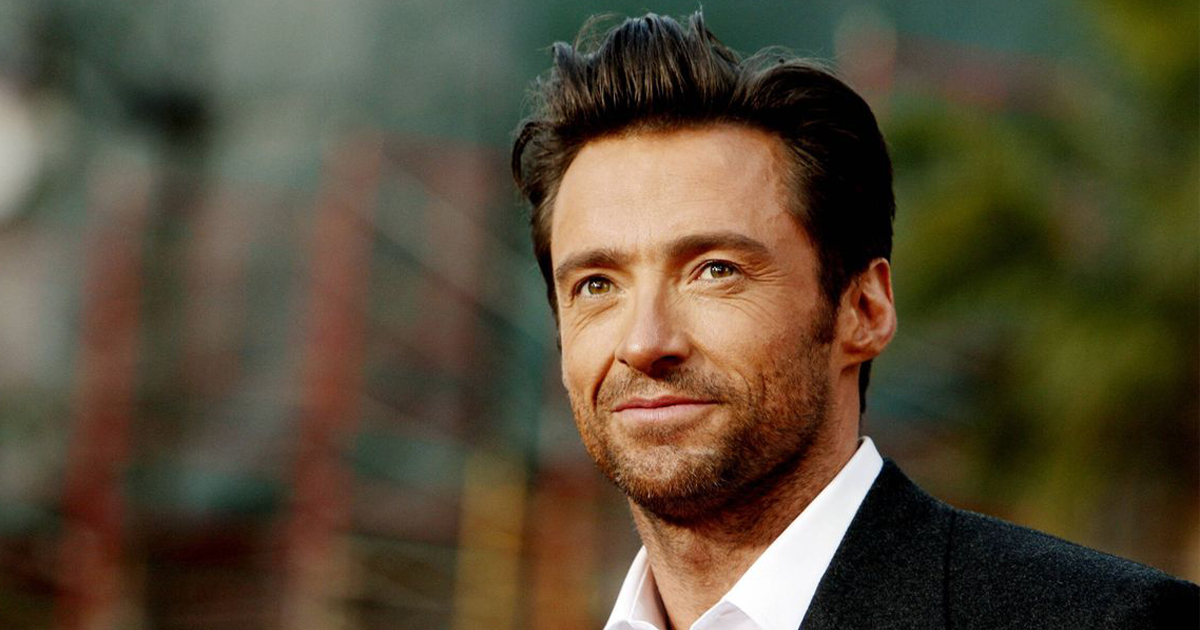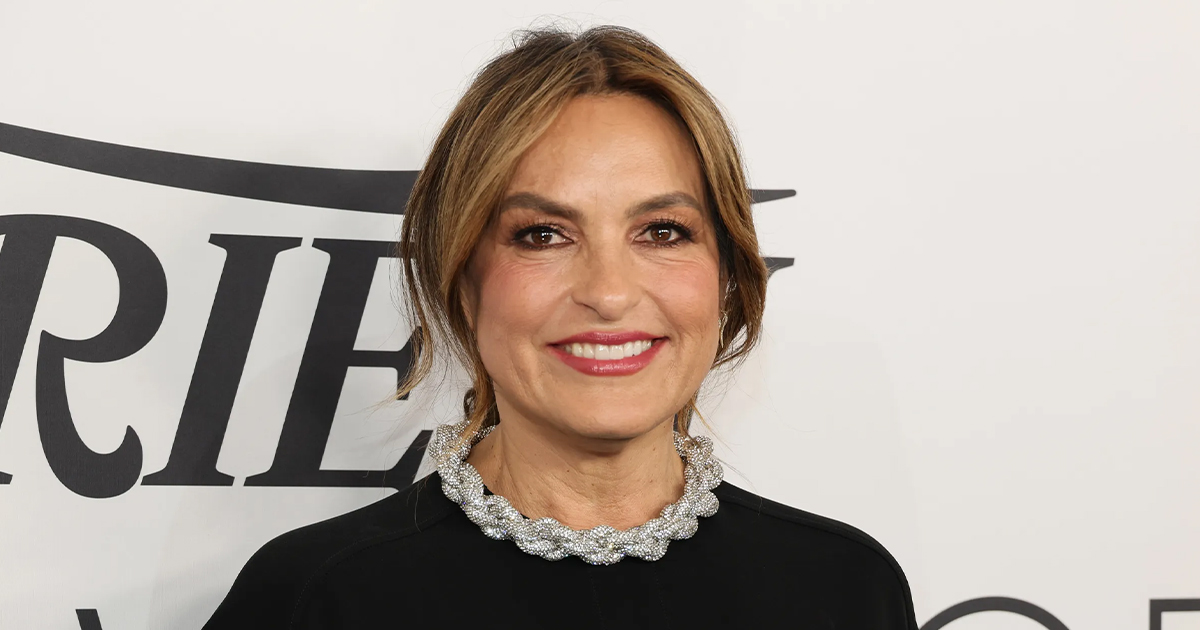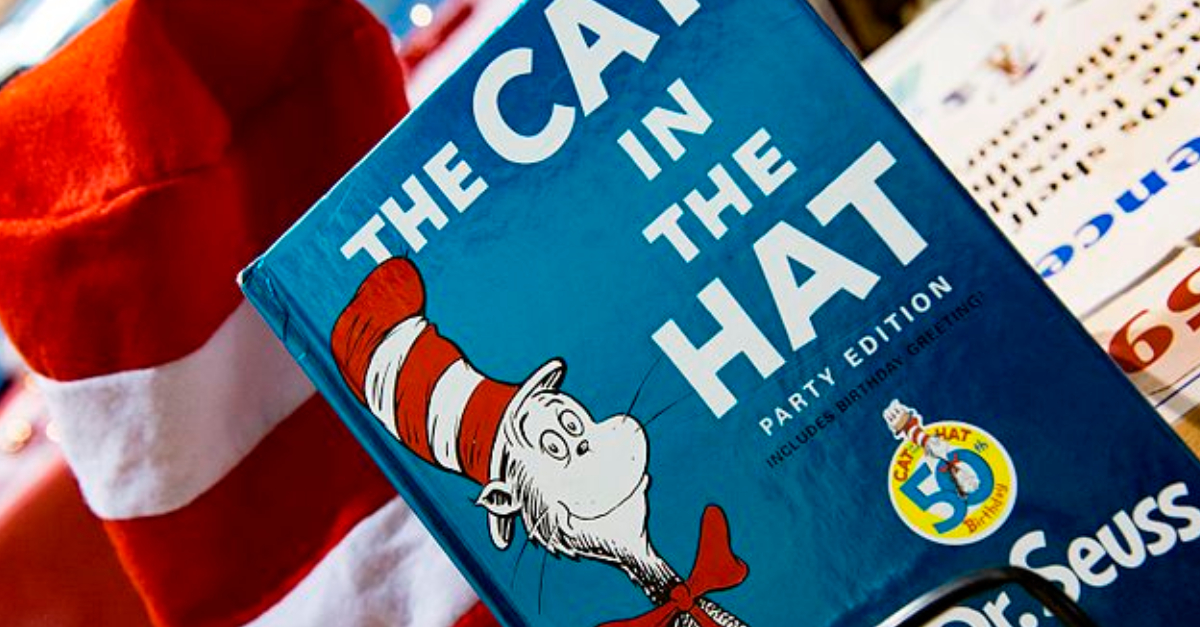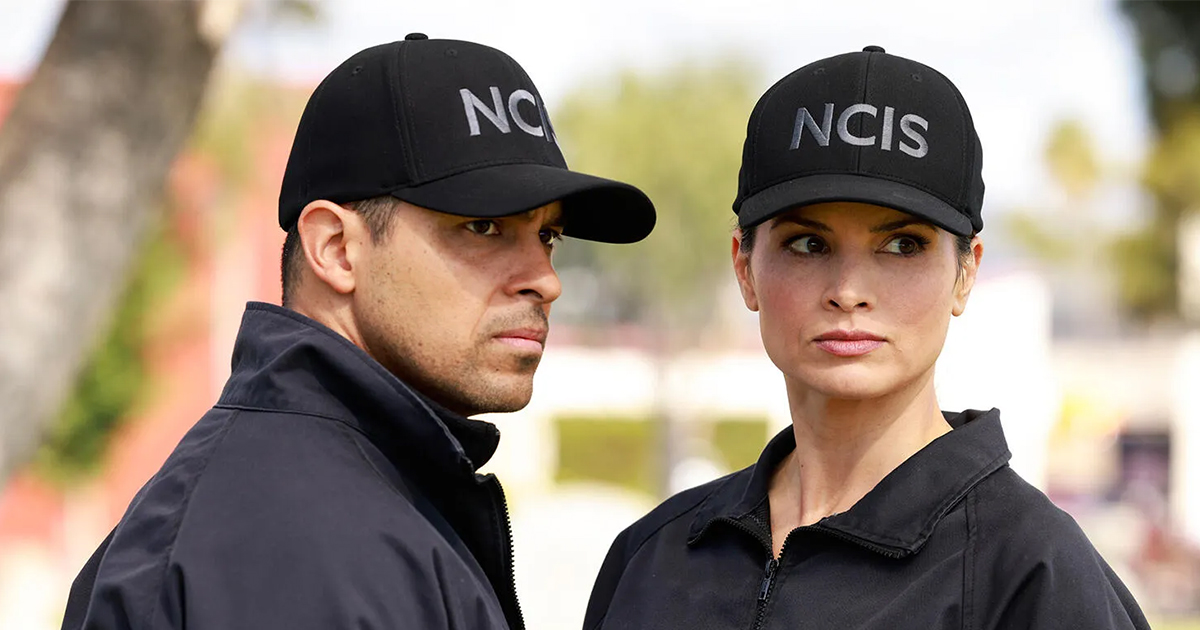Jack L. Warner co-founded Warner Bros. Studios with his older brothers—then ruthlessly forced them out of the company.
1. He Produced Blood Feuds
Jack L. Warner help create Warner Bros. Studios and shape Hollywood’s infamous “Golden Age”. But even though he was responsible for some of the greatest films ever made (Casablanca, for example) his greatest legacy was his ruthless business tactics and outright brutality. In the end, he produced more blood feuds than films.
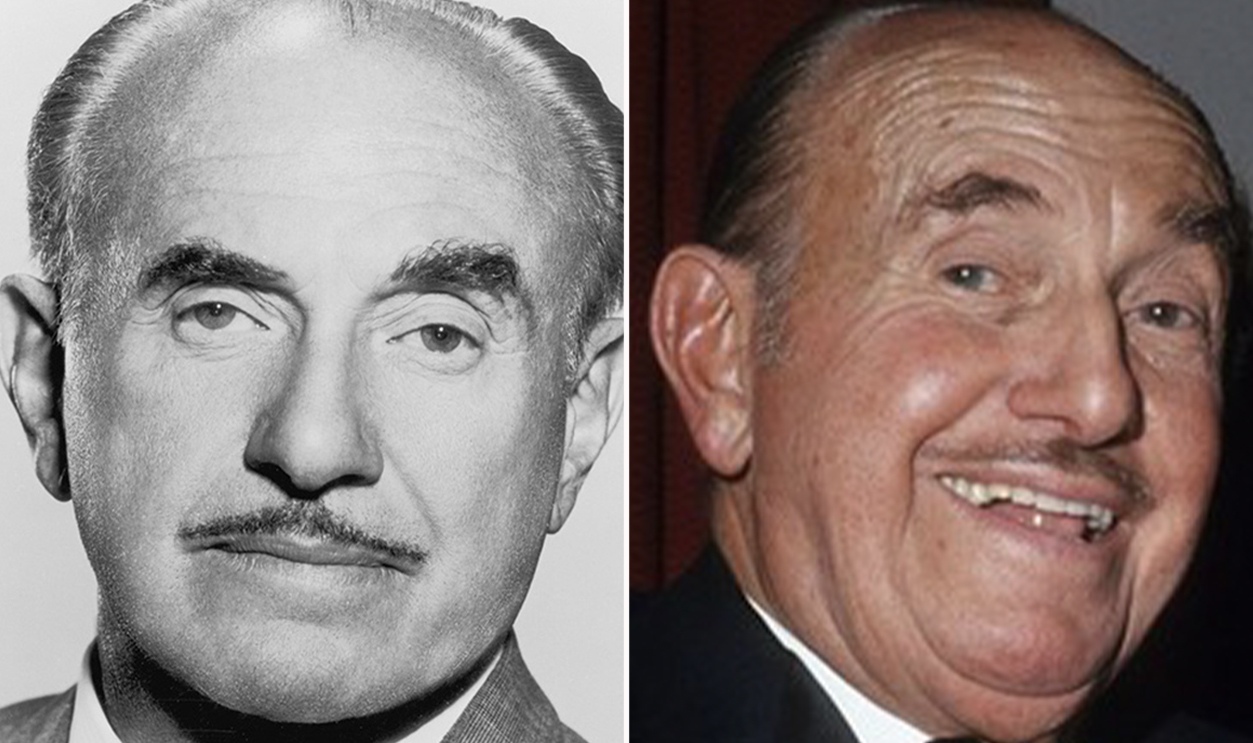
2. His Parents Fled The Pogroms
Jack L. Warner was the 12th and youngest child born to poor Polish-Jewish immigrant parents. His family fled night-riding cossacks who burned down the houses of Jews and worse in the pogroms of Eastern Europe. They eventually made their way to the United States and Canada, where Jack L. Warner was born.
He brought the terror with him.
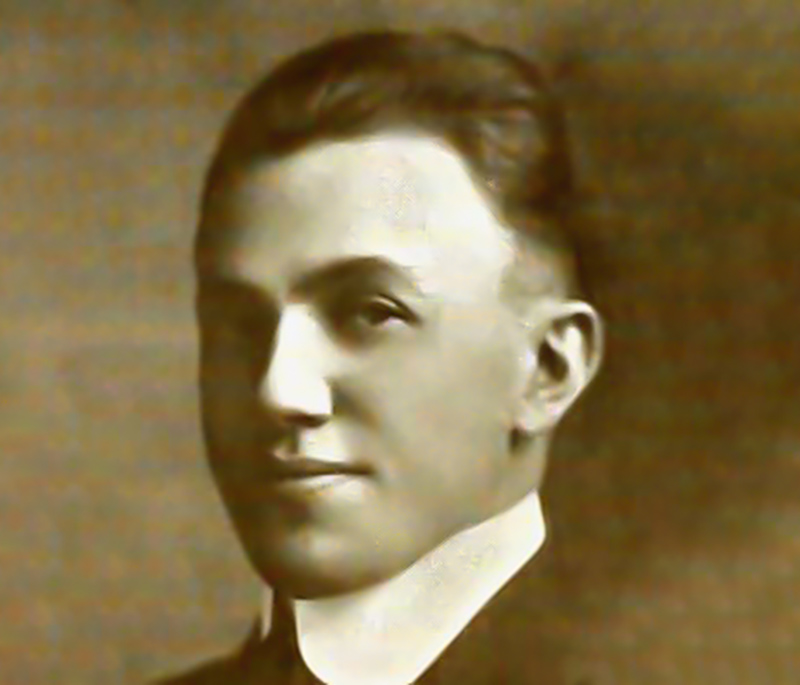 Unknown author, Wikimedia Commons
Unknown author, Wikimedia Commons
3. He Learned From The Worst
The cold Canadian climate proved to be too harsh for the growing Warner family so they eventually moved south and settled in Youngstown, Ohio. This is where Jack grew up and, more importantly, where he learned his cut-throat business tactics. At the time, he recalled, Youngstown was “one of the toughest cities in America”.
He was not exaggerating.
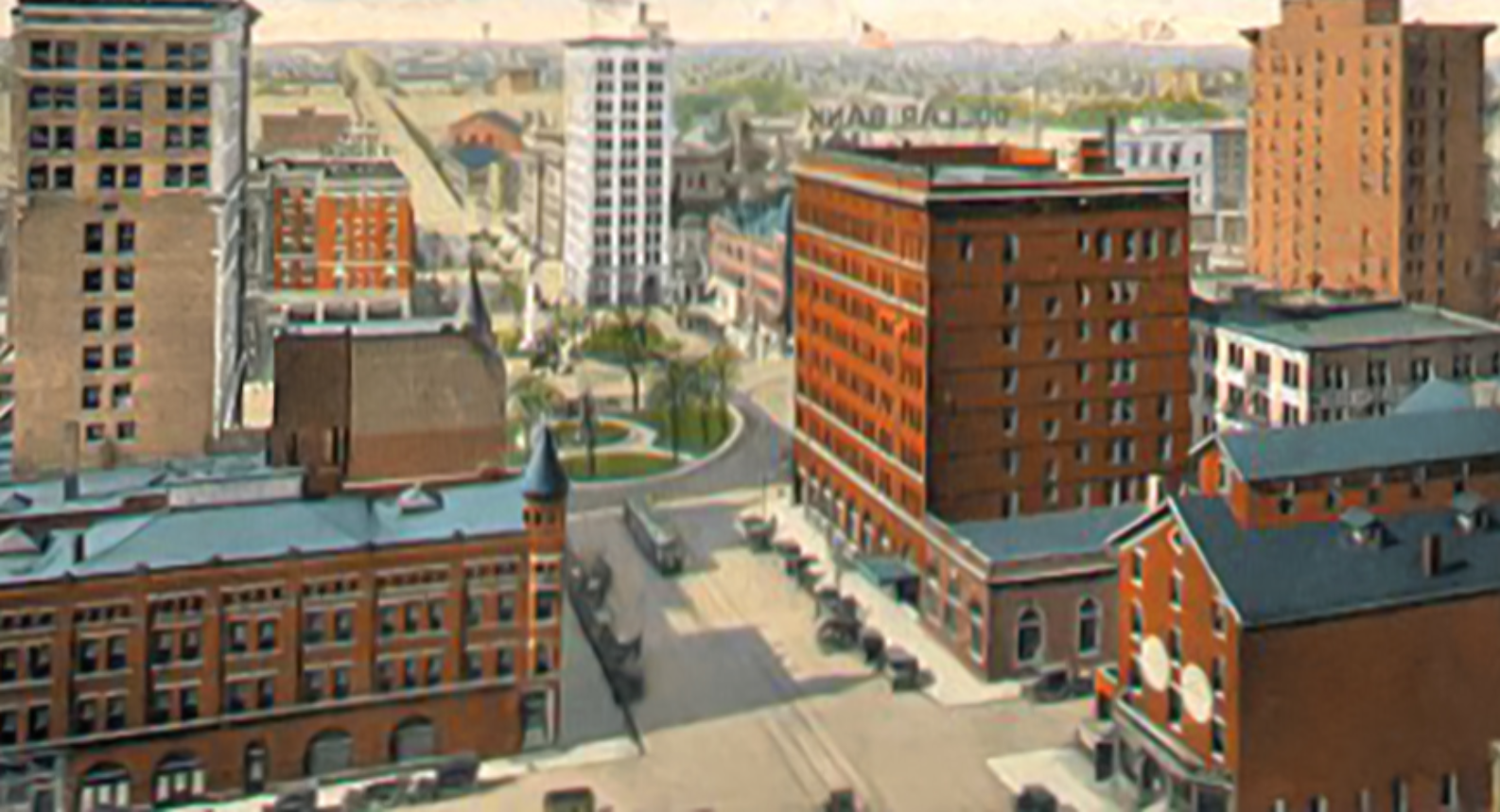 Infrogmation, Wikimedia Commons
Infrogmation, Wikimedia Commons
4. He Grew Up With The Mafia
Jack’s new hometown of Youngstown, Ohio just so happened to be a popular mafia hotspot. The Sicilian mob prettyy much ruled Youngstown and Jack recalled that, in his neighborhood, every Saturday turned bloody. He spoke frequently about the “young hotheads on the prowl” in his memoirs. But there's one thing he rarely mentioned: He was one of them.
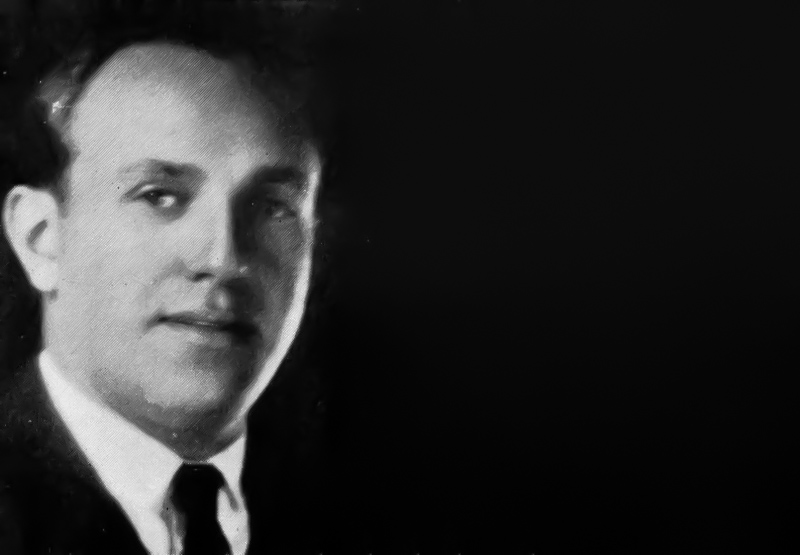 Unknown Author, Wikimedia Commons
Unknown Author, Wikimedia Commons
5. He Wanted To Be An Entertainer
Given his later business tactics, it’s not entirely surprising to learn that, in his youth, Jack had belonged to a street gang himself. But, from the sounds of it, it was closer to West Side Story than The Departed. He soon started performing in vaudeville acts and realized he wanted to pursue a career as an entertainer. However, his older brother, Sam, disapproved.
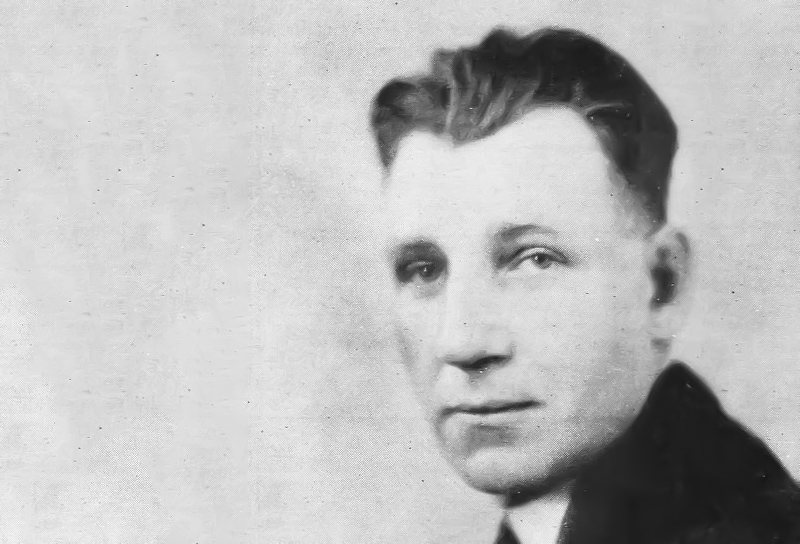 Unknown Author, Wikimedia Commons
Unknown Author, Wikimedia Commons
6. His Brother Stopped Him From Becoming An Actor
Later on in his career, Jack developed a particular disdain for actors—even though he almost became one. His older brother, Sam, however, told him, “Get out front where they pay the actors. That's where the money is". He wasn’t wrong.
The older Warner brothers soon got into the business of film distribution. They had no idea the beast they had awakened in their little brother.
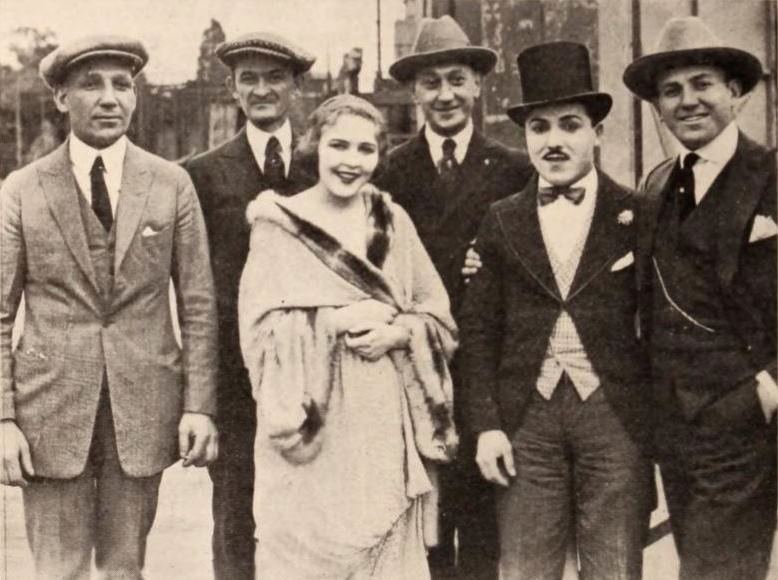 Unknown Author, Wikimedia Commons
Unknown Author, Wikimedia Commons
7. He Co-Founded Warner Bros. Studios
Once Jack was onboard, the Warner brothers built up their early film distribution business and managed to sell it for a pretty penny. This was just the beginning for them. Over the next few years, they used that cash to start up the Warner Bros. Studios. Finding success in those early days was hard—until Jack’s ruthless tactics changed everything.
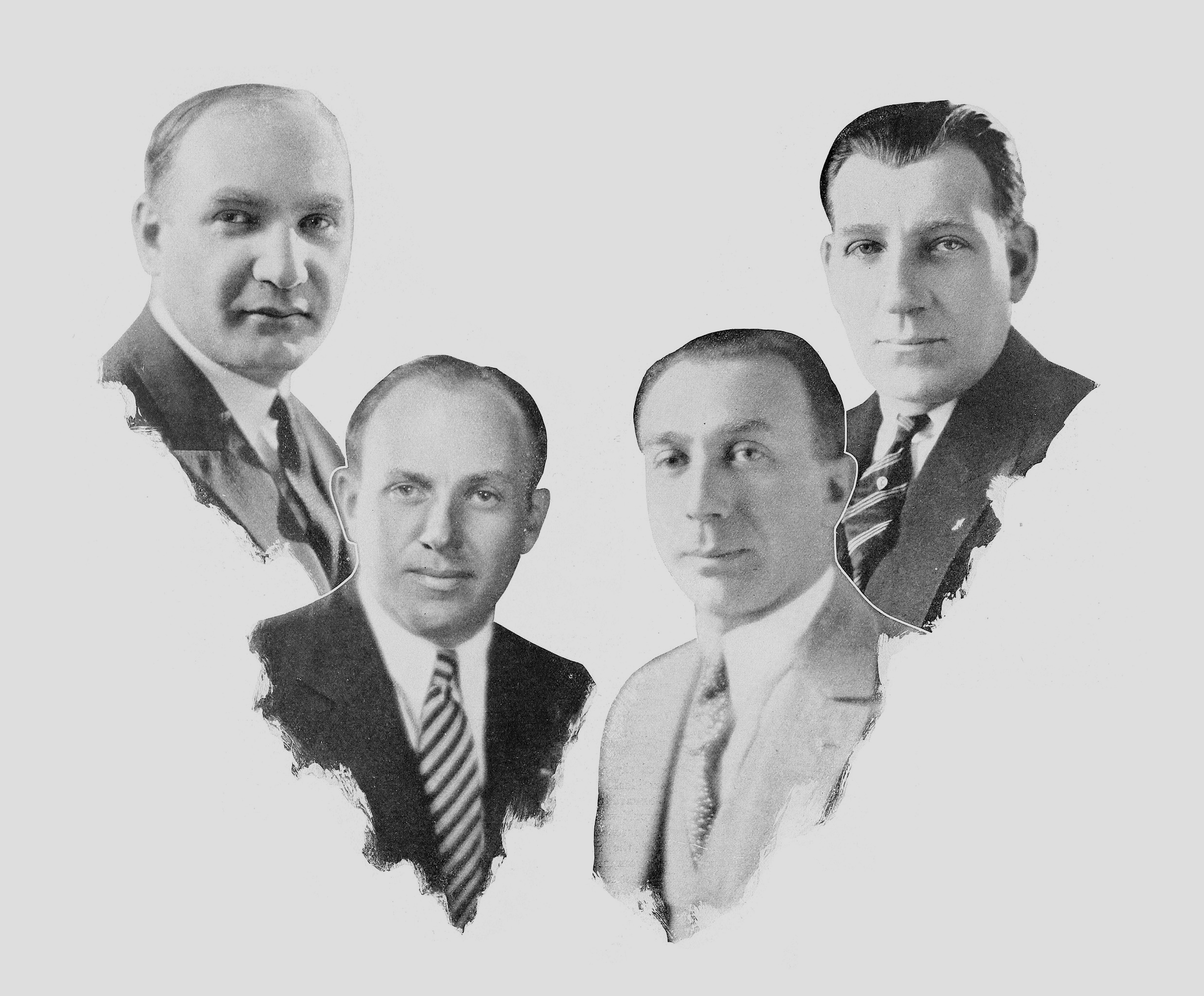 Unknown photographer, Wikimedia Commons
Unknown photographer, Wikimedia Commons
8. He Had An Eye For Talent
As a young producer, Jack displayed a keen eye for spotting talent, even if it wasn’t human. When Jack met the dog Rin Tin Tin, he knew that he’d found the star who would turn his fledgling studio into a behemoth. He remarked that the dog “seemed to display more intelligence than some of the Warner comics”.
People laughed at him—but they wouldn't wouldn’t be laughing for long.
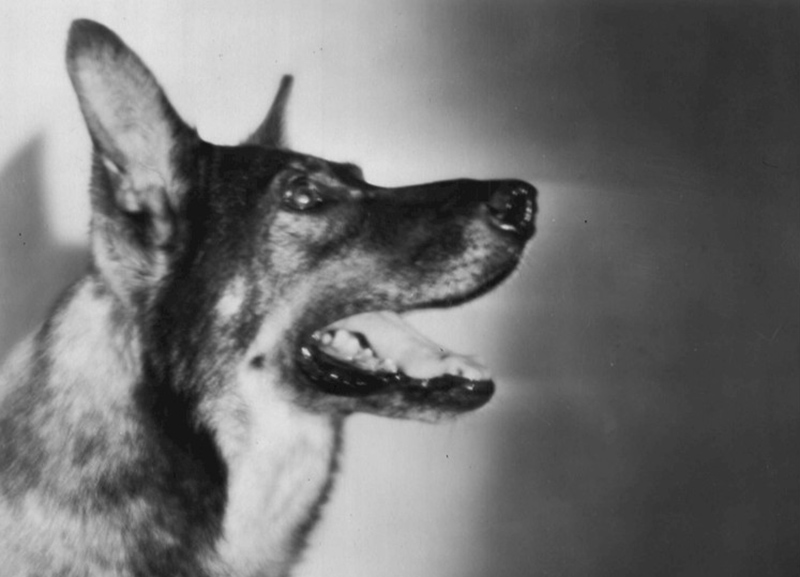 Warner Brothers, Wikimedia Commons
Warner Brothers, Wikimedia Commons
9. His Favorite Brother Was Sam
Rin Tin Tin turned out to be a cash cow for the fledgling Warner Bros. While the dog's movies were making them rich, Jack started to work closely with his favorite brother, Sam, on the next big thing. Together, they produced the 1927 blockbuster The Jazz Singer, the first "talkie".
It was the start of a new era—but during production, Jack noticed that the film seemed to be taking a toll on Sam’s health. The truth was worse much than he knew.
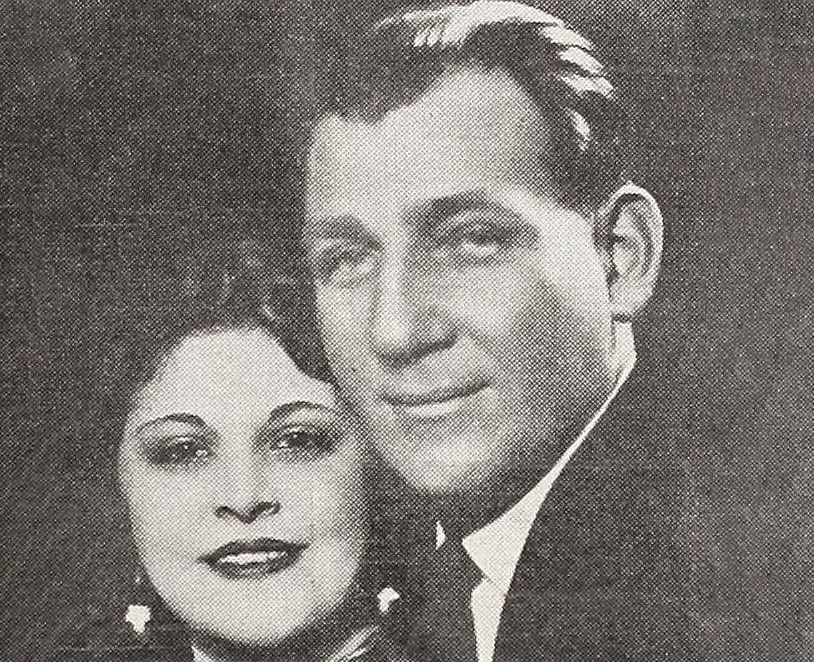 Unknown Author, Wikimedia Commons
Unknown Author, Wikimedia Commons
10. His Brother Wasn’t Doing So Well
If anyone could rein in Jack’s ruthlessness, it was Sam. But when the elder Warner began suffering from nosebleeds and headaches while producing The Jazz Singer, Jack knew something was wrong. Sadly, it was too late for him to do anything. On October 5, the day before the premiere of The Jazz Singer, Sam succumbed to pneumonia.
For some, however, this sudden tragedy felt far too suspicious.
11. His Brother Was Terribly Ill
Sam had suffered from “sinusitis, osteomyelitis and epidural and subdural abscesses” along with a mastoid infection on his brain. However, decades later, in a 1993 memoir, character actor William Demarest alleged that Sam’s sudden and complicated demise had not been natural.
Demarest claimed that the other Warner brothers had orchestrated the illness—and Sam's demise. Could there be any truth to such a dark rumor?
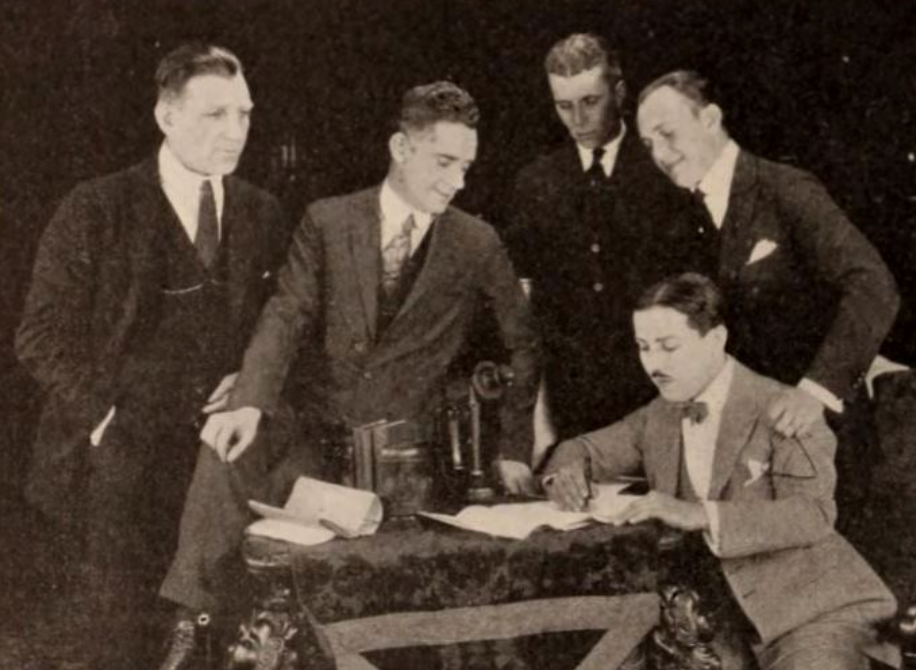 Warner Bros., Wikimedia Commons
Warner Bros., Wikimedia Commons
12. He Wanted Revenge
Aside from Demarest’s explosive allegations, there’s no hard evidence that Jack or any of his brothers were responsible for Sam’s illness. But that didn’t stop the family from spreading dark rumors about the tragic event. Given their closeness, it’s unlikely that Jack would have harmed Sam.
But if his other brothers had been involved, he hatched a plan to get even.
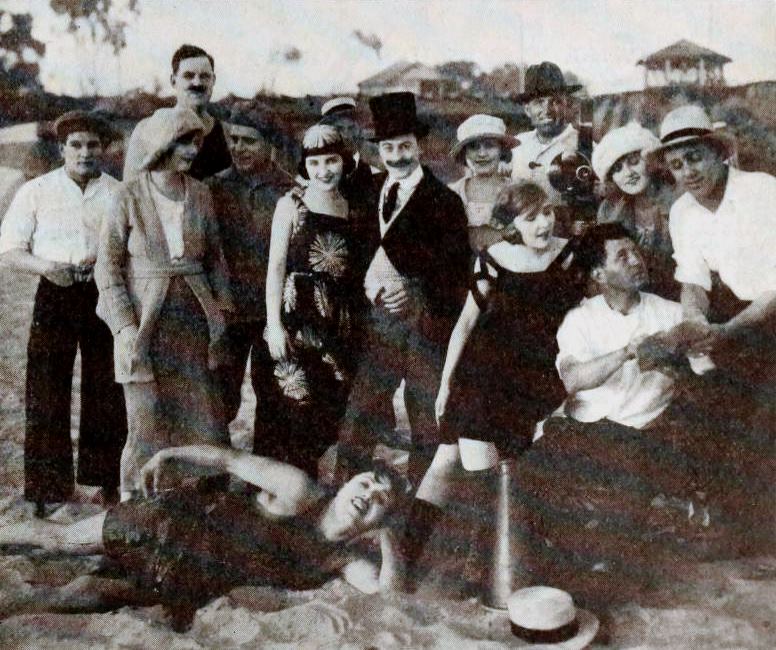 Warner Bros., Wikimedia Commons
Warner Bros., Wikimedia Commons
13. He Lost His Sunshine
The tragedy of Sam’s passing left Jack feeling lost and at sea. According to those who knew him well, Jack was inconsolable. As they said, “Throughout his life, Jack had been warmed by Sam's sunshiny optimism”. Furthermore, Sam had served as the peacemaker between Jack and his eldest brother, Harry. But with Sam gone, the Warner brothers feuded.
They all underestimated Jack’s brutality.
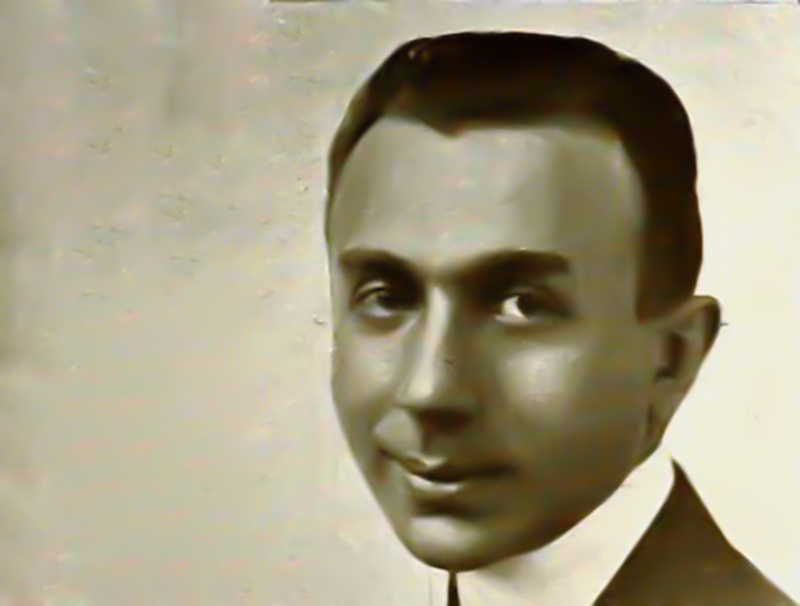 Unknown Author, Wikimedia Commons
Unknown Author, Wikimedia Commons
14. He Had An Iron Fist
With Sam gone, there was no one to hold Jack’s harshest personality traits in check. Prior to Sam’s passing, Jack had been more or less tolerable as a producer. But, without his beloved brother, he turned into the iron-fisted producer that everyone remembers. It was good for business, but disastrous for the family.
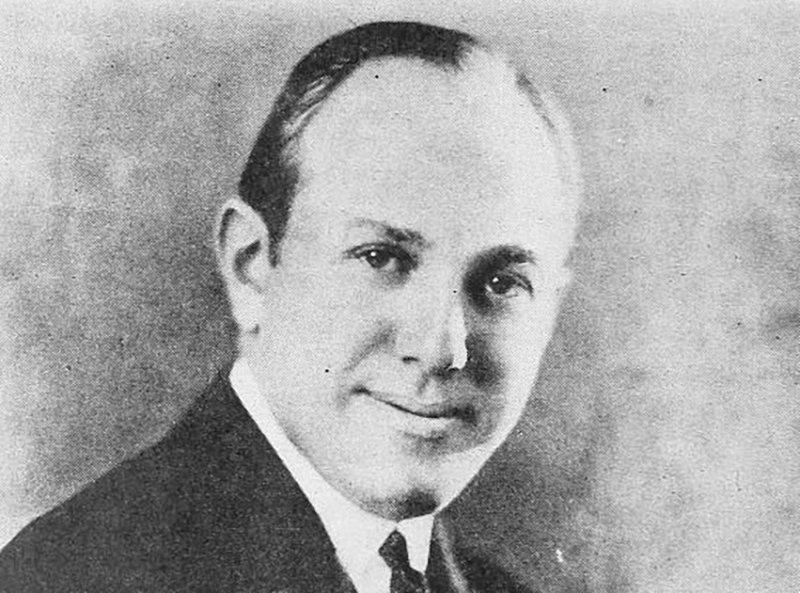 Unknown Author, Wikimedia Commons
Unknown Author, Wikimedia Commons
15. He Raided Other Studios
With the full-force of Jack’s business acumen unleashed, Warner Bros. Studios began producing more box office hits. Jack, however, became even more unpredictable and tyrannical. To maintain the studio’s supremacy, he “raided” the highest-grossing actors from rival studios. But he wasn’t always happy with the talent he purchased.
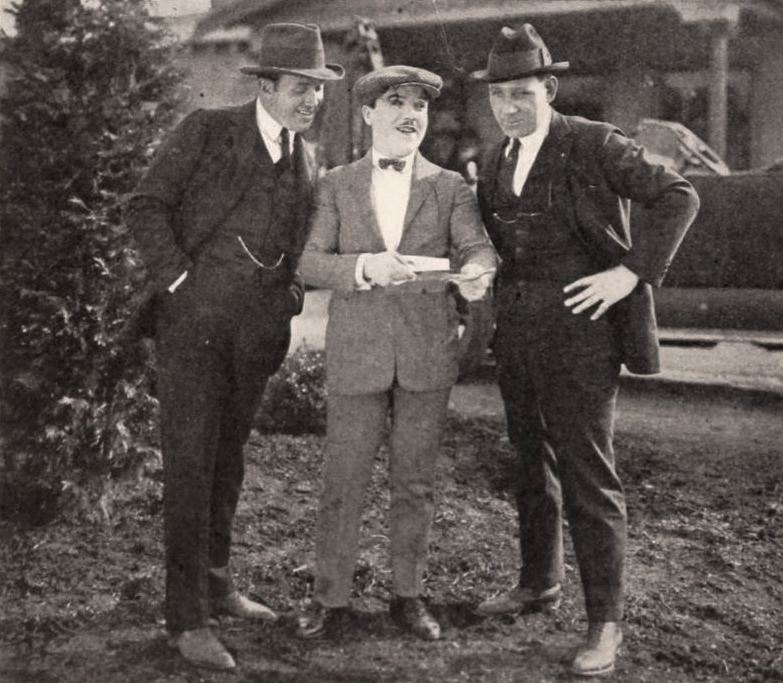 Warner Bros., Wikimedia Commons
Warner Bros., Wikimedia Commons
16. He Was Cagey With Cagney
One of Jack’s biggest “buys” from a rival studio was James Cagney. But, while Cagney put butts in theater seats and money to the studio, he made Jack red with anger. Allegedly, the two fought constantly, with Cagney's Yiddish insults often echoing through halls of the studio.
But Cagney wasn’t the only actor to end up on Jack’s blacklist.
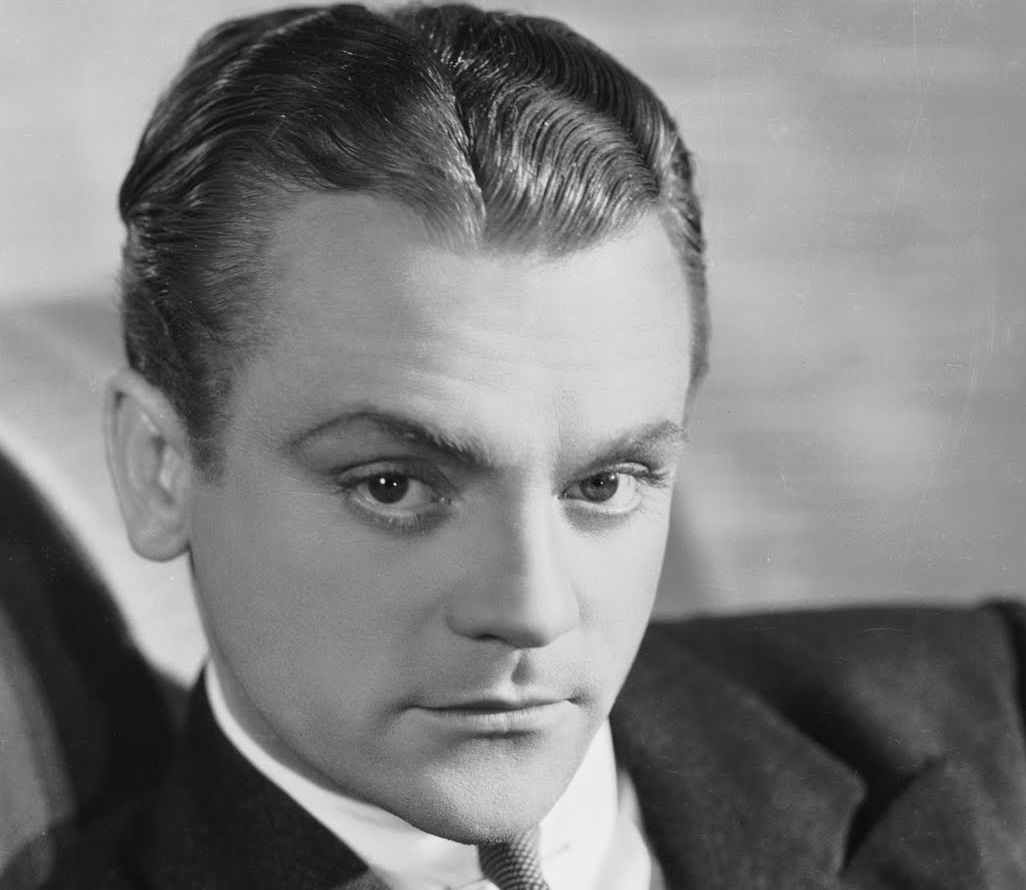 Warner Bros, Wikimedia Commons
Warner Bros, Wikimedia Commons
17. He Was Mean For The Sake Of It
Legendary film director Gottfried Reinhardt summarized Jack’s brutality when he said that the powerful producer derived pleasure from firing people on set. “Mayer could be a monster,” Reinhardt had said of studio head Louis B. Mayer, “but he was not mean for the sake of meanness. Jack was”.
Maybe Gottfried just misunderstood his sense of humor?
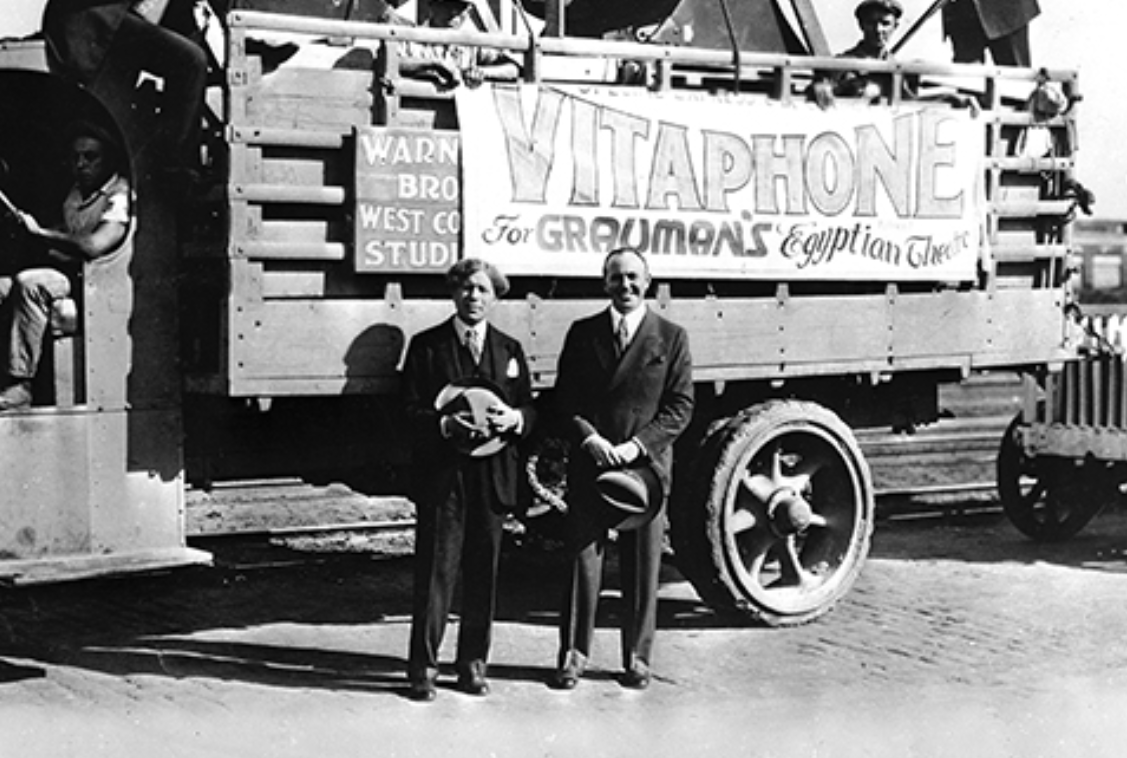 Warner Bros., Wikimedia Commons
Warner Bros., Wikimedia Commons
18. He Was Not Funny
Throughout his career as a producer, Jack was almost as famous for his strange and cringe-inducing sense of humor as he was for his brutality and ruthlessness. His odd jokes left those around him scratching their heads. Or running in fear.
As the comedian Jack Benny said, “Jack Warner would rather tell a bad joke than make a good movie”.
19. He Banished Actors
Cagney wasn't the only actor in Jack's bad books. The studio head despised a lot of the actors that worked for him, so much so that he refused to allow them in his sight. The tyrannical producer banned any and all actors from using the studio’s executive dining room, stating plainly (and rudely), “I don't need to look at actors when I eat”.
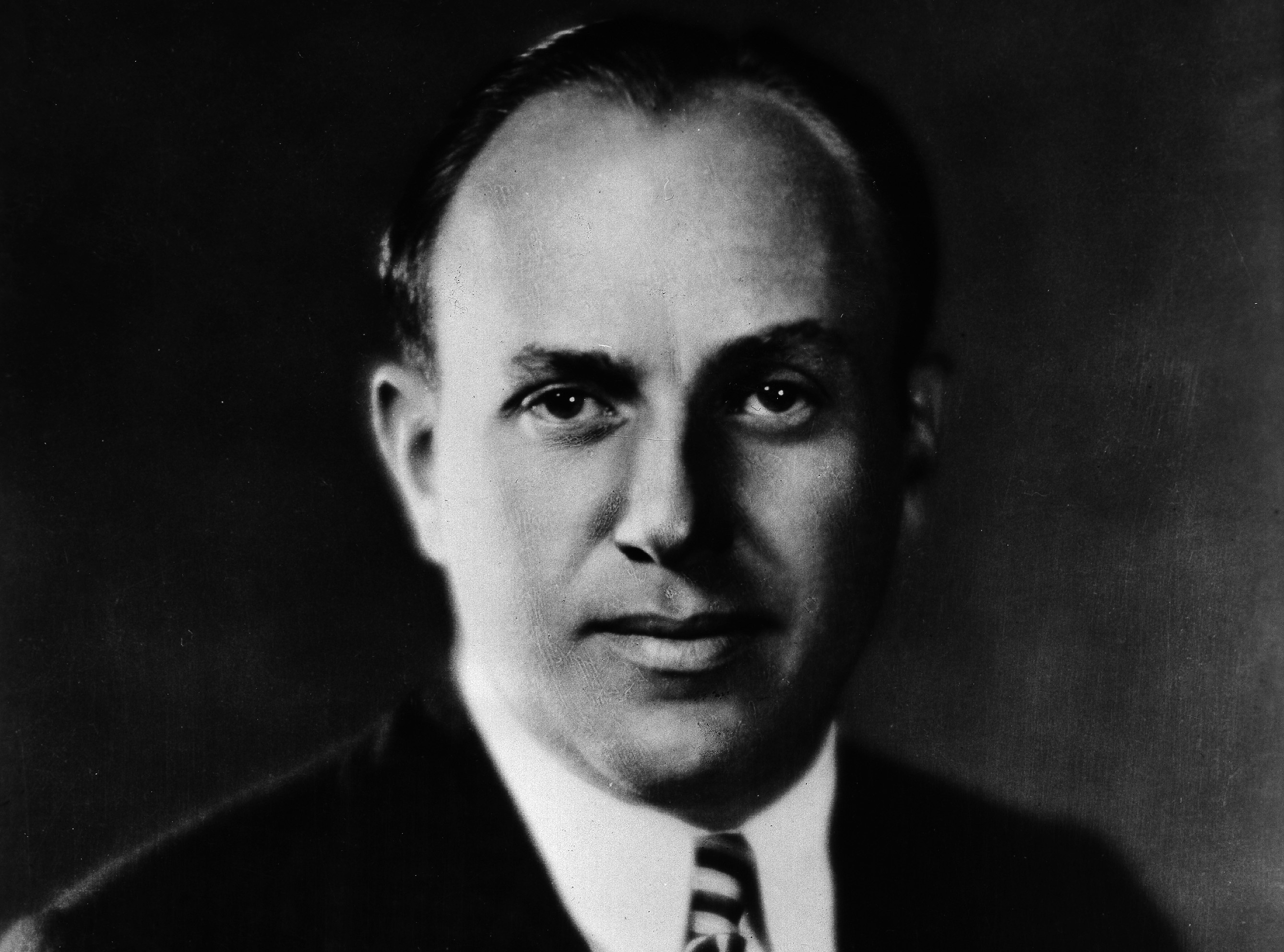 ullstein bild Dtl., Getty Images
ullstein bild Dtl., Getty Images
20. He Had At Least One Fan
Not everyone (although just about everyone) had bad things to say about Jack L. Warner. Bette Davis, for example, defended Jack from his detractors, particularly against accusations of impropriety. “No lecherous boss was he! His sins lay elsewhere”. She was, of course, referring to his primary sin of greed. And vanity. And wrath.
21. He Take The Spotlight
When Warner Bros. Studios’ film Casablanca won the Academy Award for Best Picture, Jack couldn’t hold back his pride. Even though he had only been an executive producer on the project (meaning that he only funded the film), he was all too eager to claim the credit. But it meant taking the spotlight away from someone else.
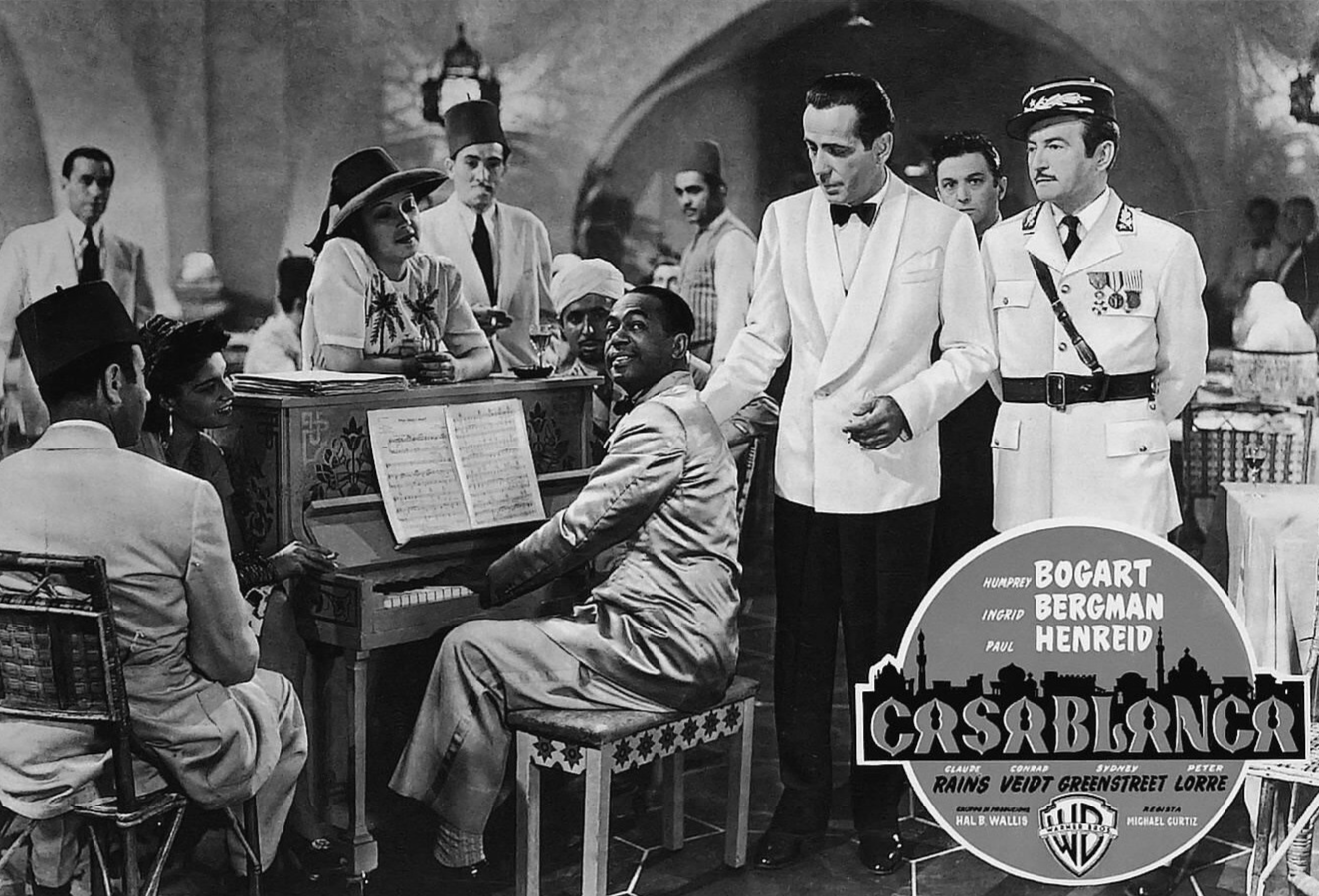 Breve Storia del Cinema, Flickr
Breve Storia del Cinema, Flickr
22. He Took Someone Else’s Oscar
Hal B. Wallis was the man who had actually produced Casablanca. Years later, he recalled the moment when the hosts announced that his film had won the Academy Award. Before he could even rise to his feet, Jack, he said, rushed to the stage “with a broad, flashing smile and a look of great self-satisfaction”. There was nothing that he could do.
23. He Wanted All Of The Credit
Wallis tried to reclaim his spotlight from Warner, but he simply couldn’t make it to the stage in time. The rest of the Warner family sat between him and the stage, where Jack gleefully held onto the Oscar that he hadn’t earned. “I had no alternative but to sit down again, humiliated and furious,” Wallis said.
That's what you get when you get into bed with Jack L. Warner. Speaking of which...
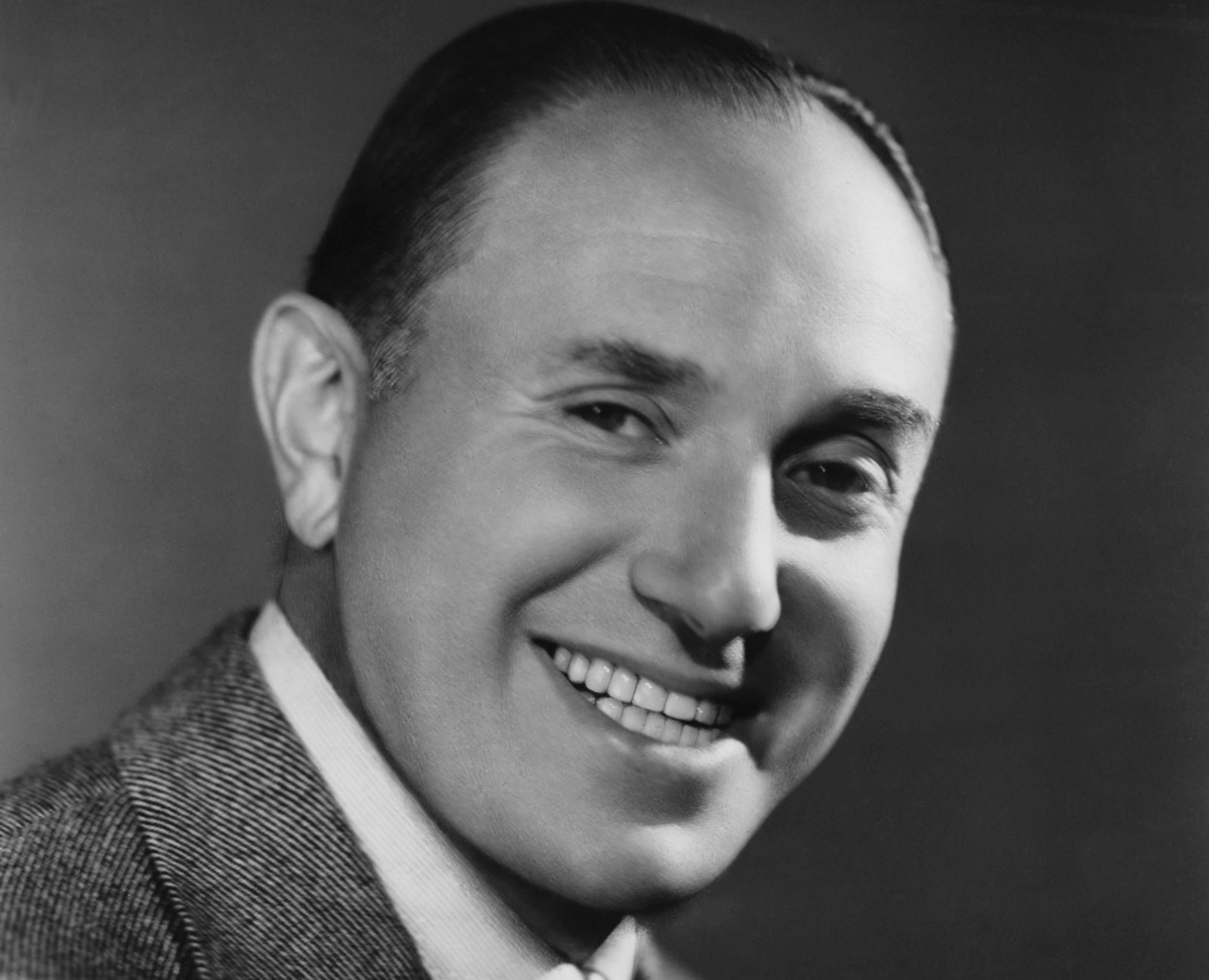 Pictorial Parade, Getty Images
Pictorial Parade, Getty Images
24. He Loved Money More Than Marriage
In late October 1914, early on in his career, Jack married Irma Claire Salomon. She was the daughter of prominent San Francisco Jewish parents, Sam and Bertha Franklin Salomon. Jack’s brothers welcomed Irma into the family as one of their own—but it was apparent to everyone that Jack loved making money more than he loved his wife.
25. He Had A Mini-Me
Two years into their marriage, Jack and Irma had their only child, a son. Given that he was a raging narcissist, it’s not surprising that Jack broke with his family’s tradition in not naming children after surviving relatives. He named his son, Jack M. Warner, after himself. Thankfully, the boy was nothing like his cruel and ruthless father.
26. His Wife Had Had Enough
After more than twenty years of marriage, Irma stunned the Warner family. She filed for divorce from the all-powerful studio head, Jack L. Warner. The move had likely been years in the making but, for once, it seemed, Jack had crossed a line with the long-suffering Irma. Or, more accurately, he crossed two pink lines.
27. He Deserted His Wife
In her divorce papers, Irma cited “desertion” as the reason for the dissolution of their marriage. Naturally, everyone assumed that Jack had “deserted” his wife in favor of his love for money-making. The truth, however, was far more scandalous—and would cause another rift in the already divided Warner family. This one, however, would never heal.
28. He Got His Mistress Pregnant
In late 1934, everyone learned the real reason why Irma was done with Jack: He had a child with another woman. In September that year, Jack's mistress, Ann Page, gave birth to their lovechild. The scandalous divorce that ensued left the Warner family scrambling to patch up their reputation.
As Harry put it, “Thank God our mother didn't live to see this”.
29. He Married His Mistress
After the divorce, Jack decided to make an honest woman out of Ann Page. Before the ink had even dried on his divorce papers from Irma, he married Page. But the extended Warner family, especially Jack’s son, refused to welcome Page into the fold of the Warner family. The contentious and shameful affair pitted father against son.
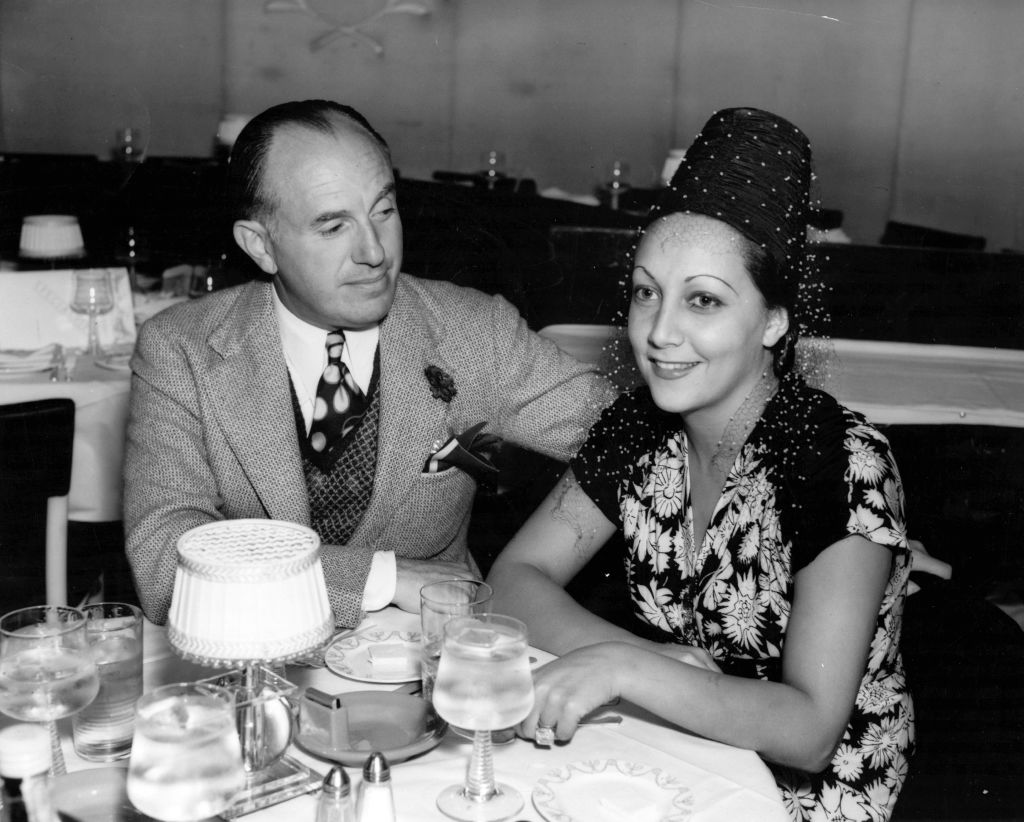 General Photographic Agency, Getty Images
General Photographic Agency, Getty Images
30. He Finally Crashed
Less than a month after Harry passed in 1958, Jack nearly followed his brother into the hereafter. While driving his Alfa Romeo through the narrow roads of Cannes in the south of France, he lost control of the vehicle. The devastating and brutal accident should have been a wake up call for Jack and his whole family.
 Spike, CC BY-SA 4.0, Wikimedia Commons
Spike, CC BY-SA 4.0, Wikimedia Commons
31. He Wasn’t Wearing A Seat Belt
After losing control of his vehicle, Warner crashed headlong into a coal truck. The sheer force of the impact launched him from the vehicle. In a strange twist, however, his lack of a seat belt actually might have saved his life. After launching from his roadster like a stuntman out of a cannon, the car burst into flames. Ironically, so did his family.
32. His Son Announced His Demise
Tragedy usually brings families closer together—unless it’s the Warner family. Following his accident, Jack slipped into a coma for several days. During those short days, the divisions in his family grew even deeper. Jack’s son, Jack Jr., went on television and announced that his father wasn’t going to make it out alive.
He was wrong, though. Mean doesn’t give up that easily.
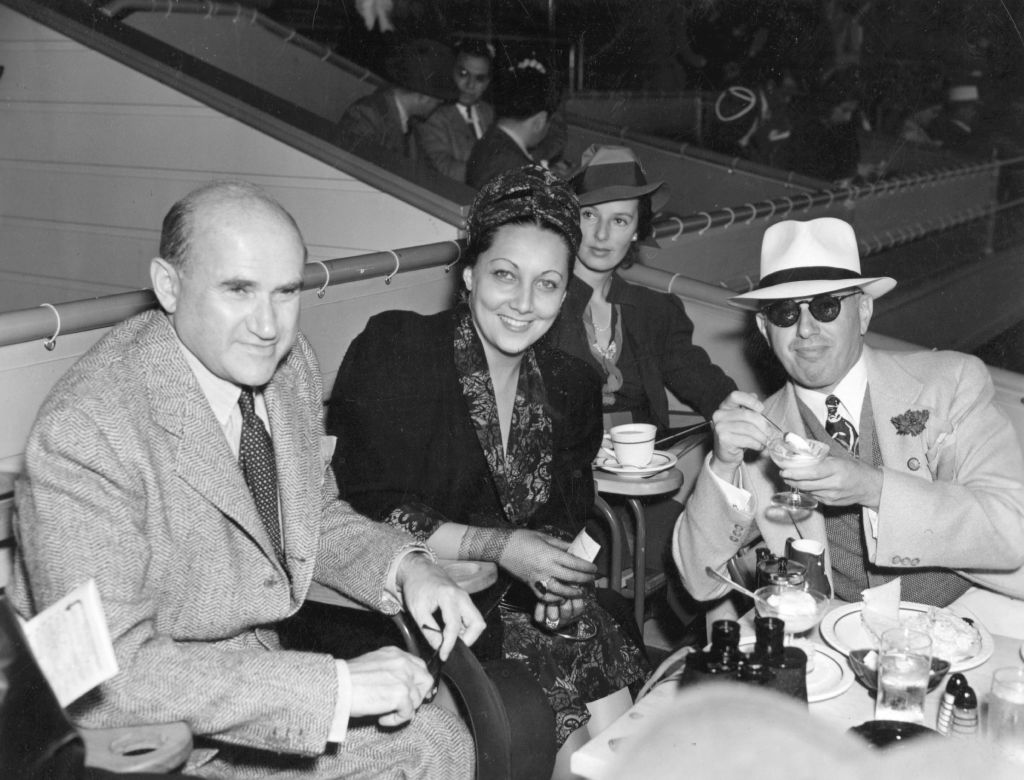 General Photographic Agency, Getty Images
General Photographic Agency, Getty Images
33. His Son Blamed His New Wife For Everything
When the Warner family descended on Jack’s hospital room in France, the fighting inevitably broke out. Jack Jr. blamed Ann Page, in the throes of her grief, for his parents’ divorce and hurled insults at her. When Jack finally regained consciousness, he had to put the bickering to rest.
Unfortunately, he did it by driving everyone further apart.
34. He Pushed His Son Away
Unsurprisingly, Jack was furious when he heard that Jack Jr. had prematurely—and perhaps even gleefully—announced his impending demise to the world. Worse yet, Jack Jr. had insulted the love of his life, Ann Page. The vindictive producer immediately severed his already strained relationship with his son once and for all.
Then, because he was Jack L. Warner, he just had to add insult to injury.
35. He Fired His Own Son
Jack wasn’t just satisfied with ending whatever personal relationship he still had with his son. He had to end their professional relationship as well. Once he had fully recovered, Jack had his lawyer inform Jack Jr. that he was no longer employed at the Warner Bros. Studios. It was a dramatic firing fit for the big screen.
36. He Blocked His Son From The Studio Lot
Jack Jr. knew that his father was cruel, but he didn’t know how cruel he could truly be. He couldn’t have imagined that Jack would actually have fired him in such a demeaning way. He was, after all, his own flesh and blood. But, when Jack Jr. showed up to work, Jack had the studio security turn him away at the gates.
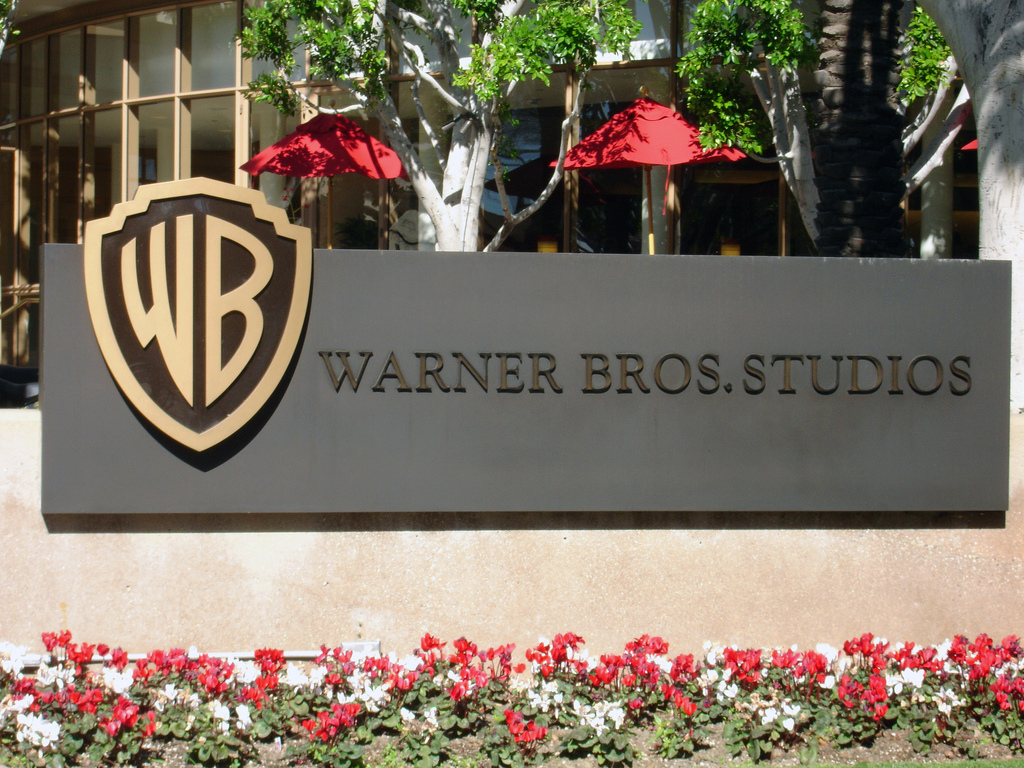 ?LiAnG?, CC BY 2.0, Wikimedia Commons
?LiAnG?, CC BY 2.0, Wikimedia Commons
37. He “Forgot” About His Son
Jack and his son, Jack Jr., never mended their broken relationship. In fact, when Jack wrote his autobiography in 1964, he completely forgot to mention Jack Jr. By “forgot” we mean, he deliberately omitted him. Worse yet, when Jack passed, he left an estate valued at $15 million...but only bequeathed a paltry $200,000 to Jack Jr.
38. He Sold Everything Off
As Jack’s tyrannical rule over the Warner Bros. Studios worsened, he found himself at odds with his other brothers, particularly his eldest brother Harry. Jack took an increasingly authoritarian and money-driven focus towards their "family" studio. But he crossed the line when he decided to sell the studio’s earliest films for a modest $21 million.
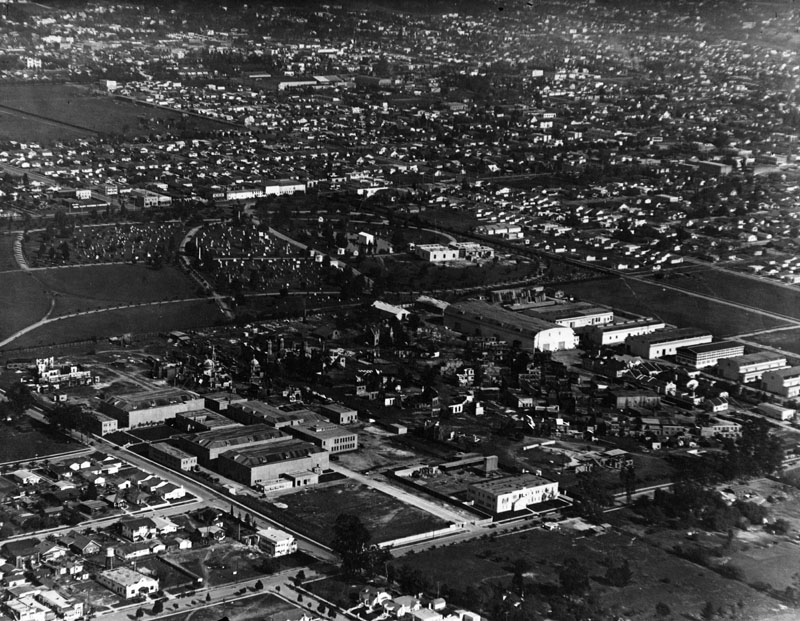 Unknown Author, Wikimedia Commons
Unknown Author, Wikimedia Commons
39. He Went Too Far
While the other Warner brothers saw their movies as art, Jack only saw ways to make a buck. When Jack sold off the rights to their studio's early films, his brother Harry lamented, “This is our heritage, what we worked all our lives to create, and now it is gone”. If he and the rest of his brothers wanted to stop Jack, they would have to get rid of him—and do it before he got rid of them.
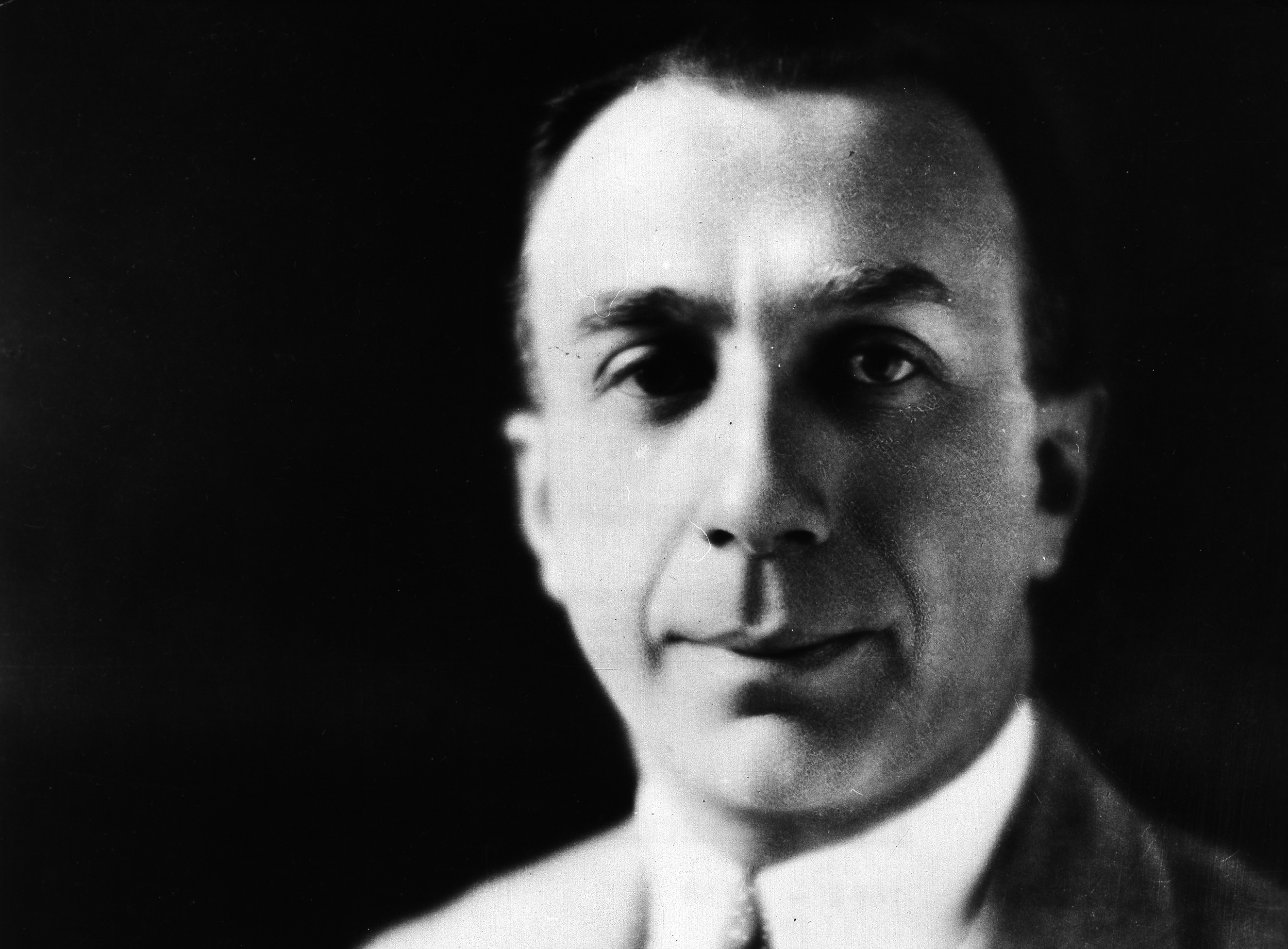 ullstein bild Dtl., Getty Images
ullstein bild Dtl., Getty Images
40. He Wanted Full Control
In 1956, the Warner brothers came to the sad conclusion that their behemoth of a studio was only tearing their family apart. The only way they could save the family was to sell the business they had worked so hard to build up. But Jack, of course, wasn't about give up his control of the studio—and he was far more Machiavellian than even his own flesh and blood knew.
41. He Plotted Against His Brothers
When the brothers put their shares up for sale, Jack saw an opportunity to get what he had always wanted: everything. He made arrangements with a secret syndicate to buy up his brothers’ shares in the company. By the time they found out what was going on, it was already too late.
Jack had taken the company right out from under them.
42. He Focused On The Business Of Show Business
With overwhelming control of Warner Bros. Studios’ shares—thanks to his brothers’ naïveté—Jack crowned himself the King of Hollywood and appointed himself president of the studio. From there, he focused laser-like on the business end of show business. Pretty soon, however, his ruthlessness would tear the family apart for good.
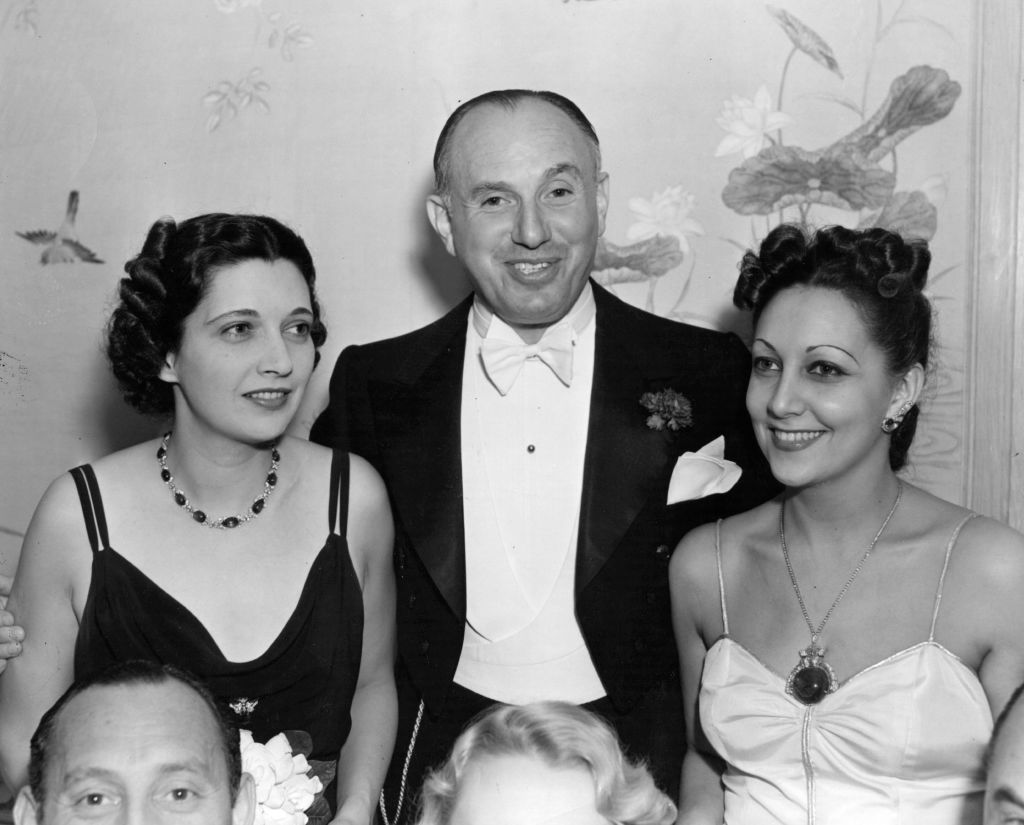 General Photographic Agency, Getty Images
General Photographic Agency, Getty Images
43. He Pushed His Brother Too Far
Jack’s genius move to take the company out from under his brothers proved to be too much for Harry. Employees of Warner Bros. Studios recalled a chilling incident in which the blood feud between the Warner brothers actually almost turned bloody. It was not the first time, or the last, that Jack pushed those around him right over the edge.
44. His Brother Almost Bludgeoned Him
According to the studio employees, Jack's cruel ways finally made Harry snap. Enraged, Harry allegedly chased Jack through the studio lot with a lead pipe. He was shouting, “I'll get you for this, you son of a [b****]”. There’s no knowing what would have happened if he actually caught up with him.
But in the end, karma still caught up with them all.
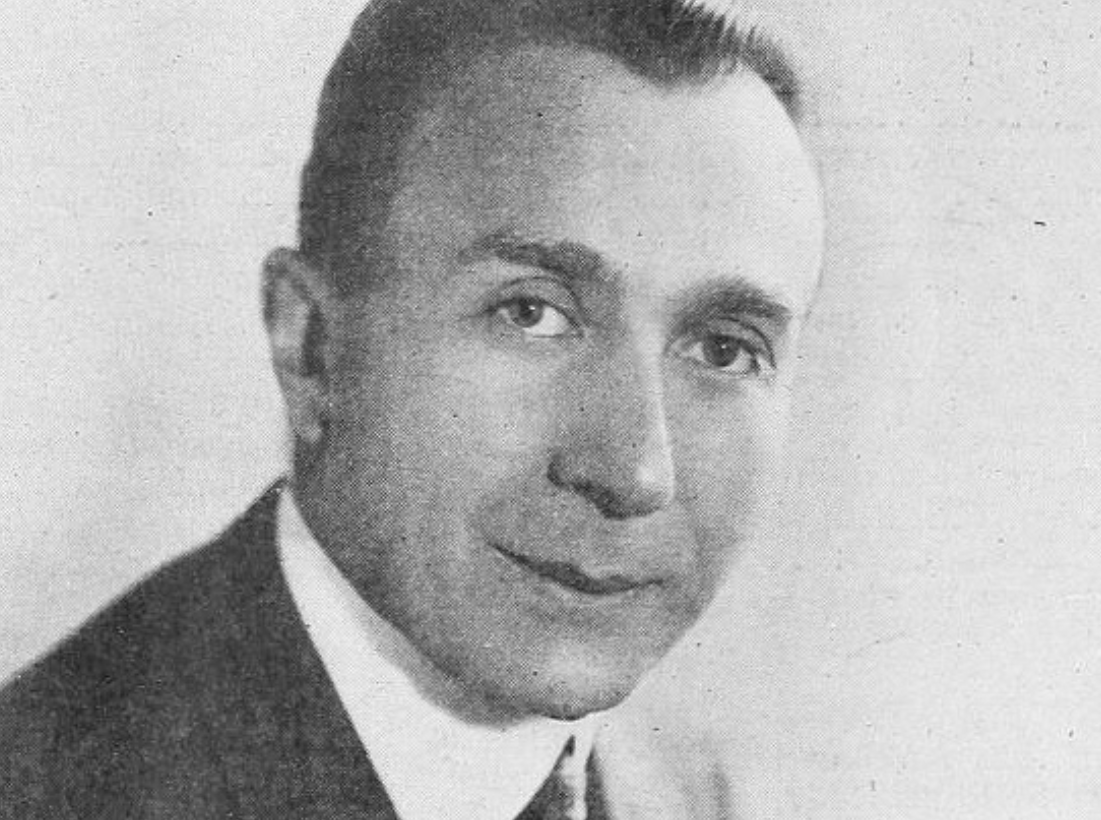 Unknown Author, Wikimedia Commons
Unknown Author, Wikimedia Commons
45. He Didn’t Care About His Brother
Following Jack’s dirty trick with the shares, he and Harry never spoke again. In fact, when Jack learned about his brother’s demise just a few years later in 1958, he didn’t even cancel his vacation or attend the funeral. Harry's wife, still furious, told reporters: "He didn't passed. Jack ended him".
When asked to give a statement about his brother's passing, Jack went low: He simply said, “I didn’t give a [s***] about Harry".
46. He Began To Lose Interest
With Warner Bros. Studios firmly in his grip, Jack churned out some of the biggest productions the studio had ever seen. He produced My Fair Lady and Who’s Afraid of Virginia Wolf?, both of which were smash hits that people thought would fail. Everyone except for Jack Warner, that is.
But despite his continued success, it became apparent to anyone around him that, without his brothers to feud with, Jack was losing interest. And his mind.
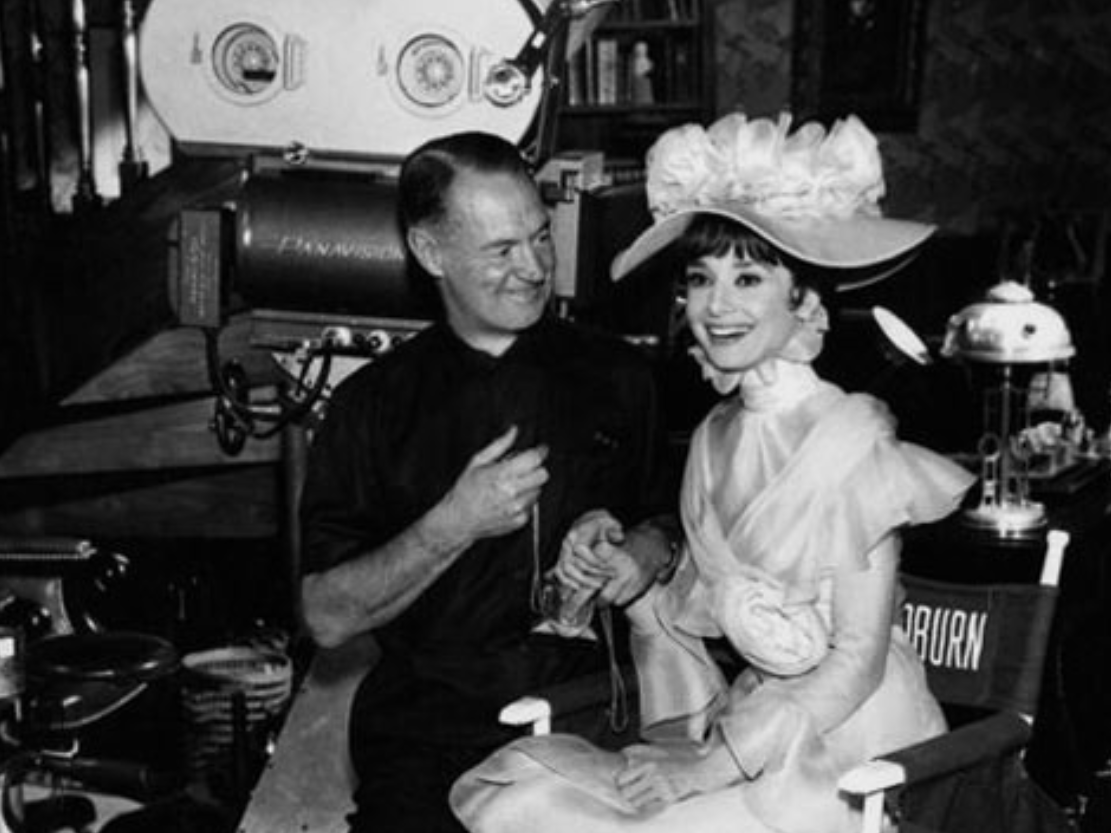 Warner Bros., Wikimedia Commons
Warner Bros., Wikimedia Commons
47. His Wife Convinced Him To “Slow Down”
By 1966, Jack’s years of family feuding had taken their toll on him. Finally, he admitted that it was time to let go of his iron grip on power. His wife, Ann Page, convinced him to “slow down,” and he sold off most of the Warner Bros. Studios’ shares he had connived to take from his brothers.
48. He Boasted About His Money
Jack was rewarded handsomely for his shares, and entered a wealthy retirement. He was a long way from the young “hothead” he had been in Youngstown, Ohio—even if he had clawed his way over his own family to get there. “Who would ever have thought that a butcher boy from Youngstown, Ohio,” he gloated, “would end up with twenty-four million smackers in his pocket?”
 Dblcut3, CC BY-SA 4.0, Wikimedia Commons
Dblcut3, CC BY-SA 4.0, Wikimedia Commons
49. He Was Losing His Power
After selling his stock, Jack's power over the studio began to slip. People around him saw him as something of a dinosaur from another era. He only looked weaker when he failed to block the production of 1967’s Bonnie and Clyde, a film that he personally “hated” and referred to as a “three-part movie”. It was a sign of the times.
In 1969, he decided to officially resign.
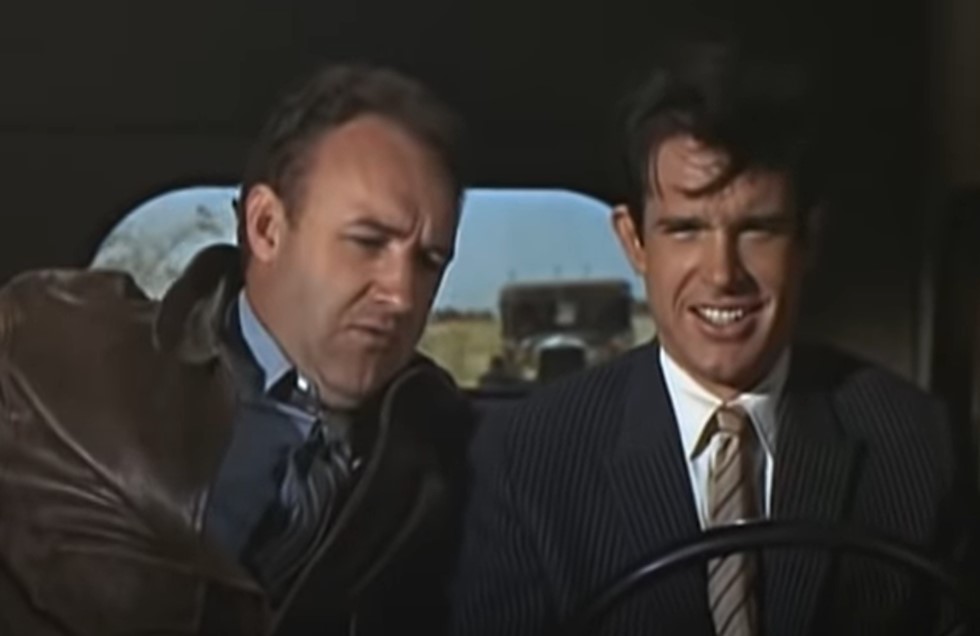 Warner Bros., Bonnie and Clyde (1967)
Warner Bros., Bonnie and Clyde (1967)
50. He Had Many Affairs
Jack didn’t exactly retire to a happy and blissful marriage. Throughout his wedded life to Ann Page, he made no secret of the numerous affairs that he had. He even carried on a four-year relationship with an aspiring actress. It might have gone further, but Ann pressed him to end the fling and he relented. But his mean streak continued even in retirement.
51. He Stymied His Stepdaughter’s Career
Jack wasn’t even very nice to his stepdaughter, Joy Page. She was an aspiring actress who hoped that her mother’s marriage to the all-powerful Jack L. Warner would result in her landing big roles. She obviously didn't know Jack L. Warner. Rather than helping, he actively discouraged her from pursuing a career in acting and may even have blocked her from getting starring roles.
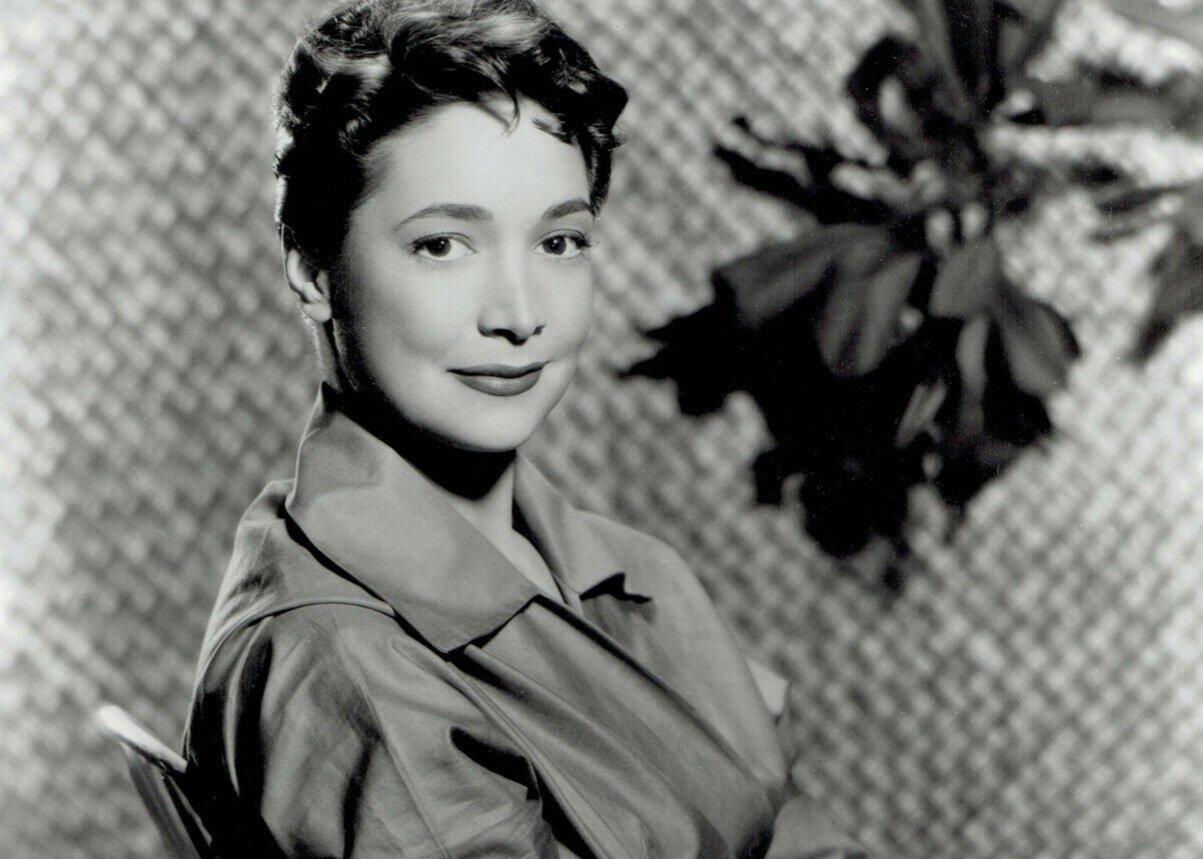 Warner Bros, Wikimedia Commons
Warner Bros, Wikimedia Commons
52. He Was Actually Sensitive
For all of his faults, Jack might not have been a total monster. At least, not all of the time. But Ann Page was the only one to see his softer side. If he ever had one. In her own autobiography, she wrote, “He is extremely sensitive, but there are few who know that because he covers it with a cloak”. A cloak covered with daggers, perhaps.
53. His Reign Of Terror Finally Ended
By the early 1970s, it became apparent that Jack was no longer the ruthless businessman he had once been. Those around him noticed that he was frequently “disoriented” and in 1974, he suffered a stroke that left him blind and unable to watch his life’s work: the movies. He continued deteriorating until 1978, when his reign of terror finally ended.


